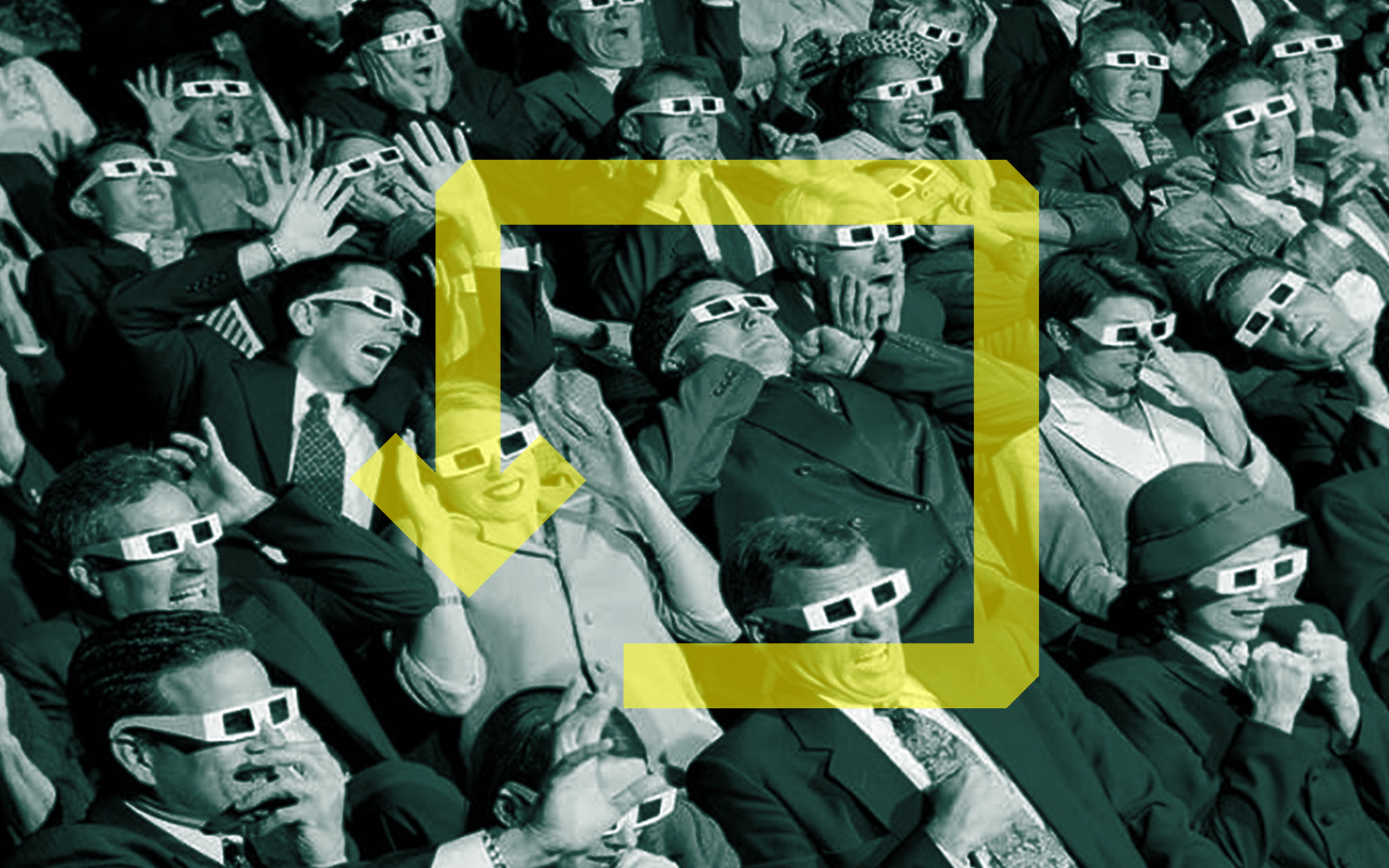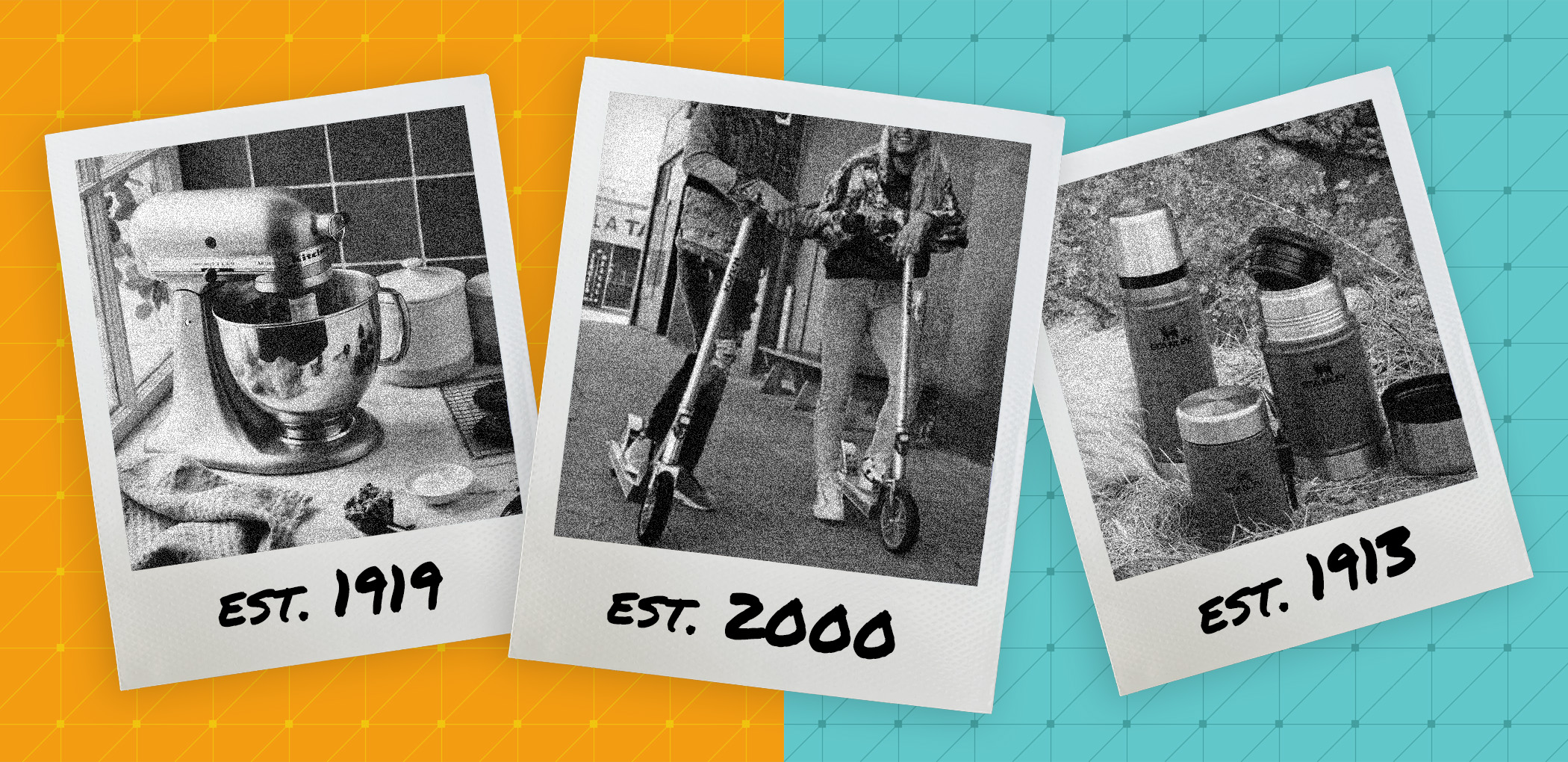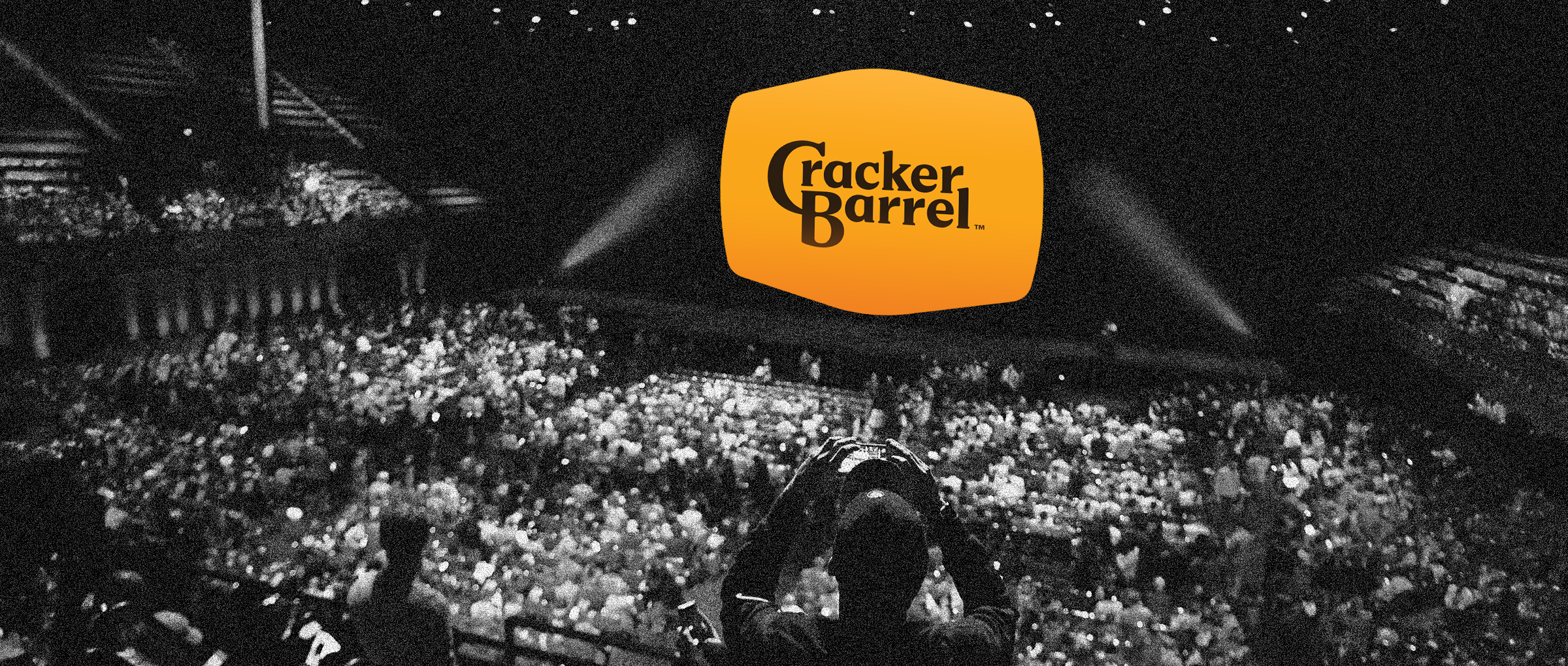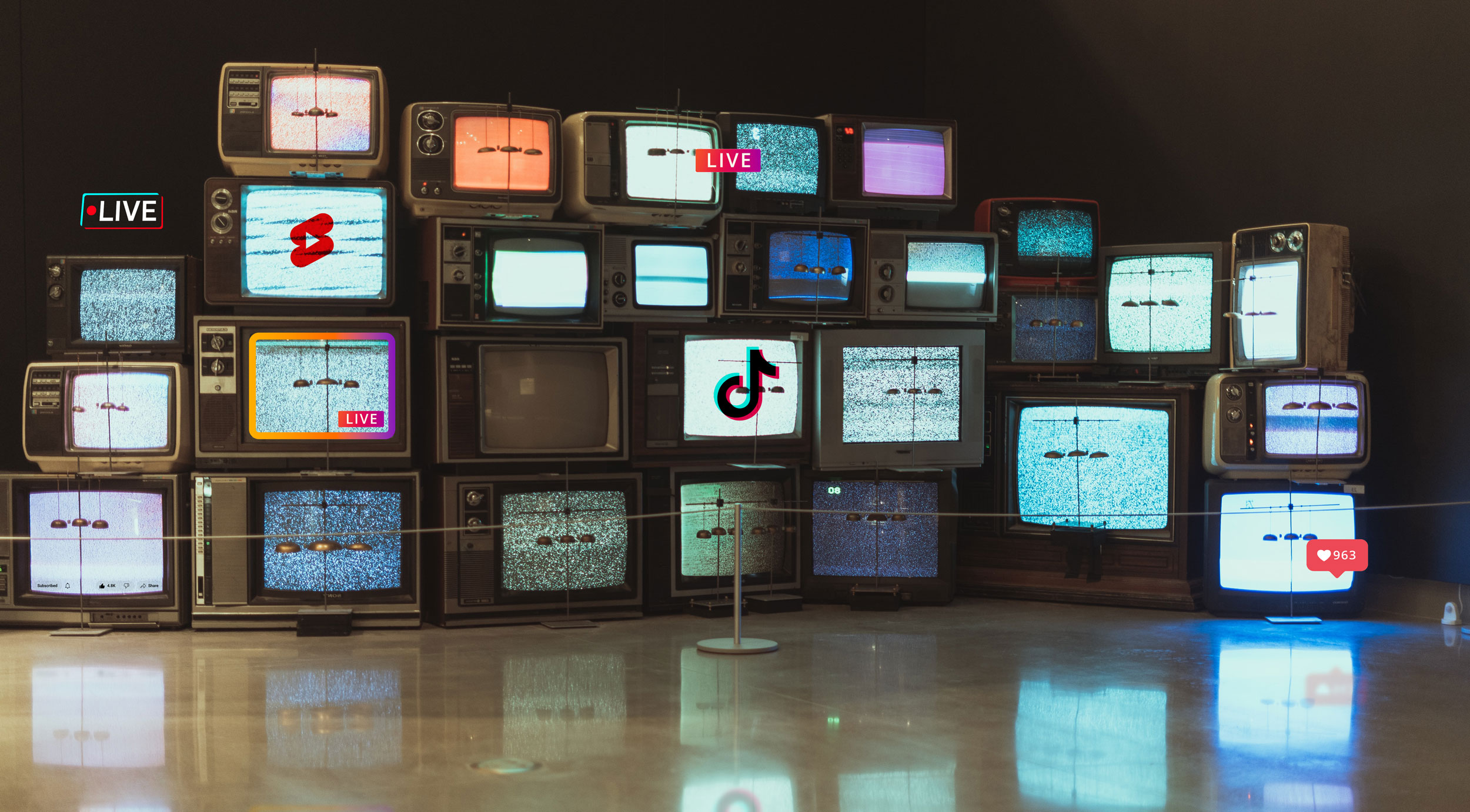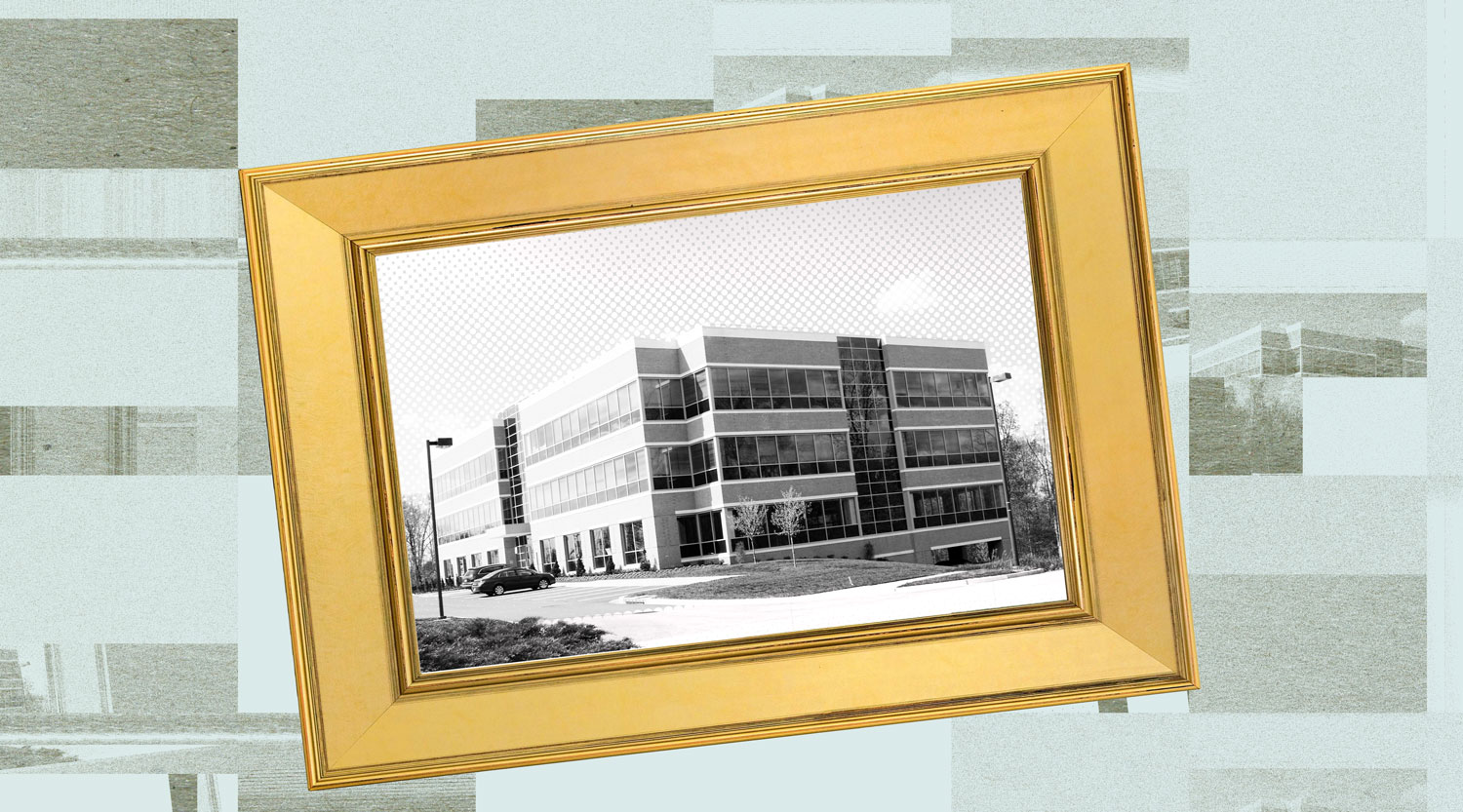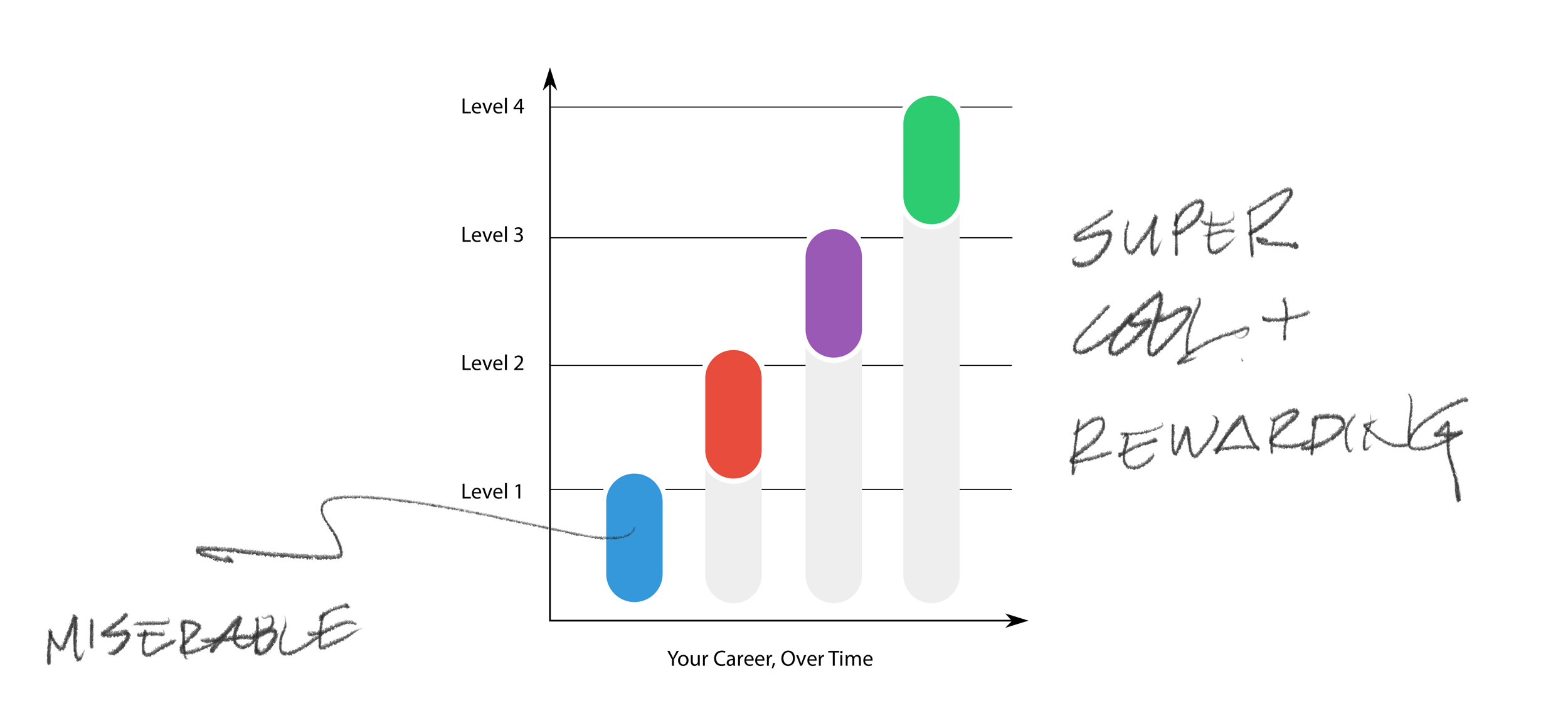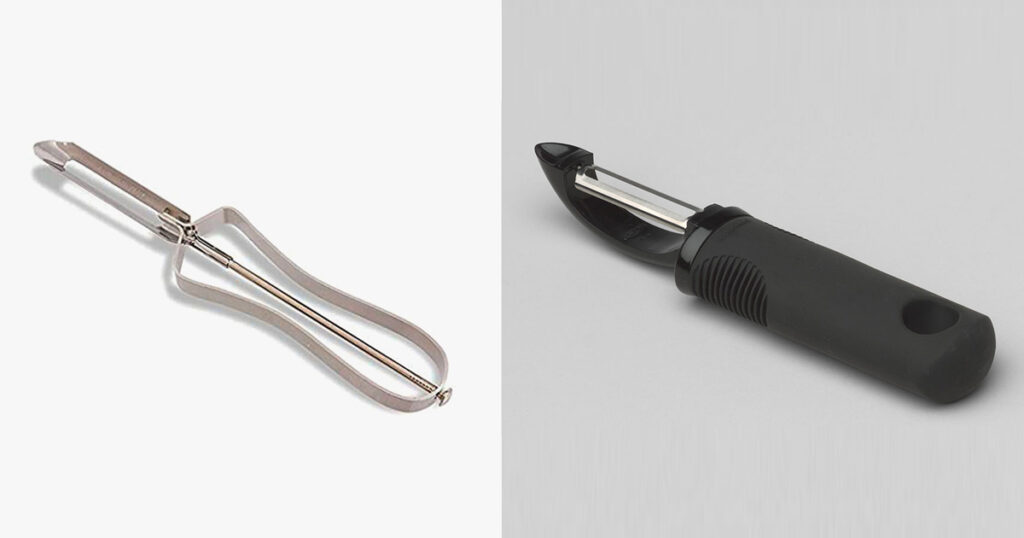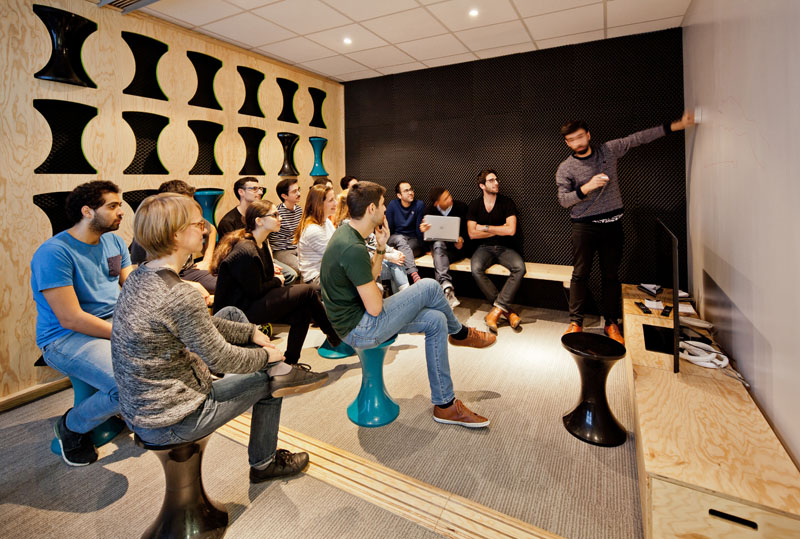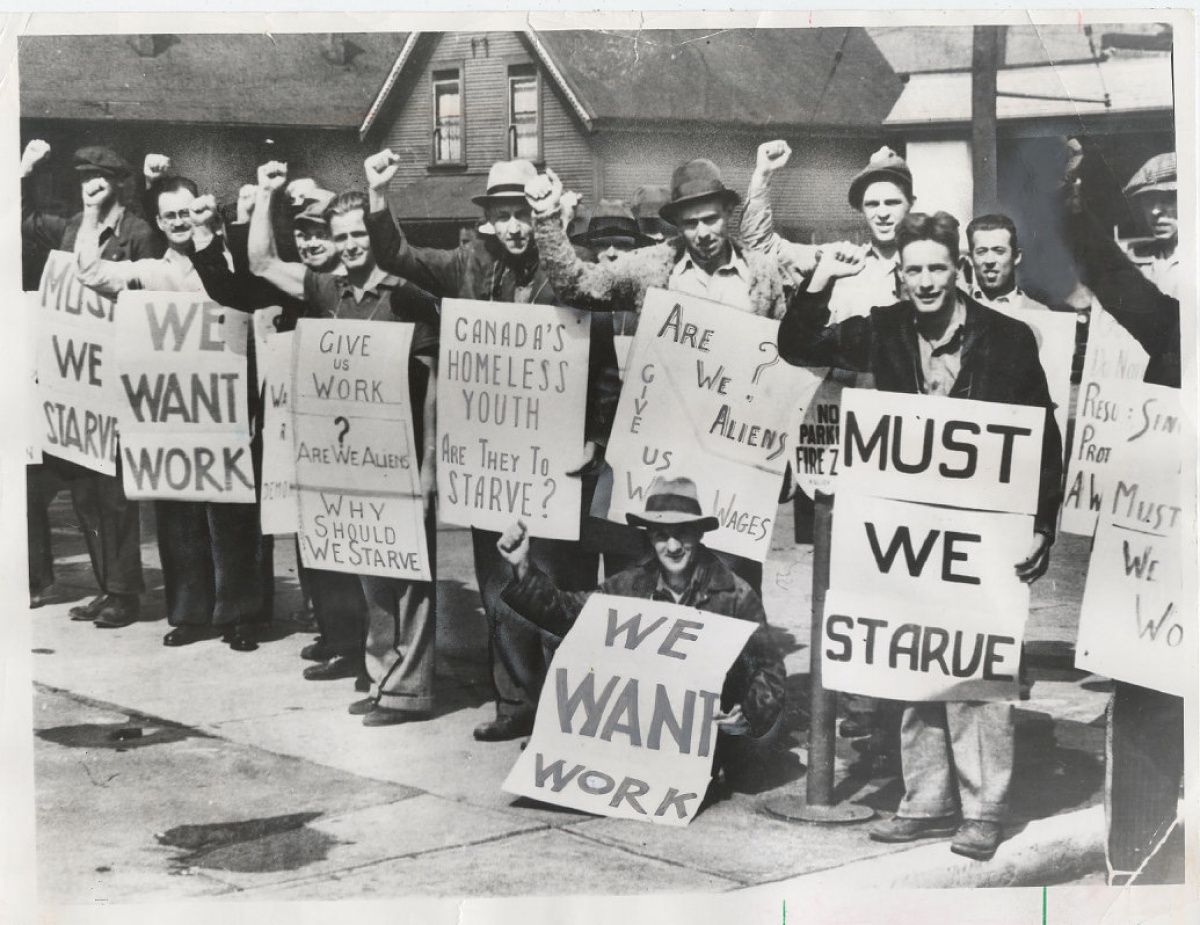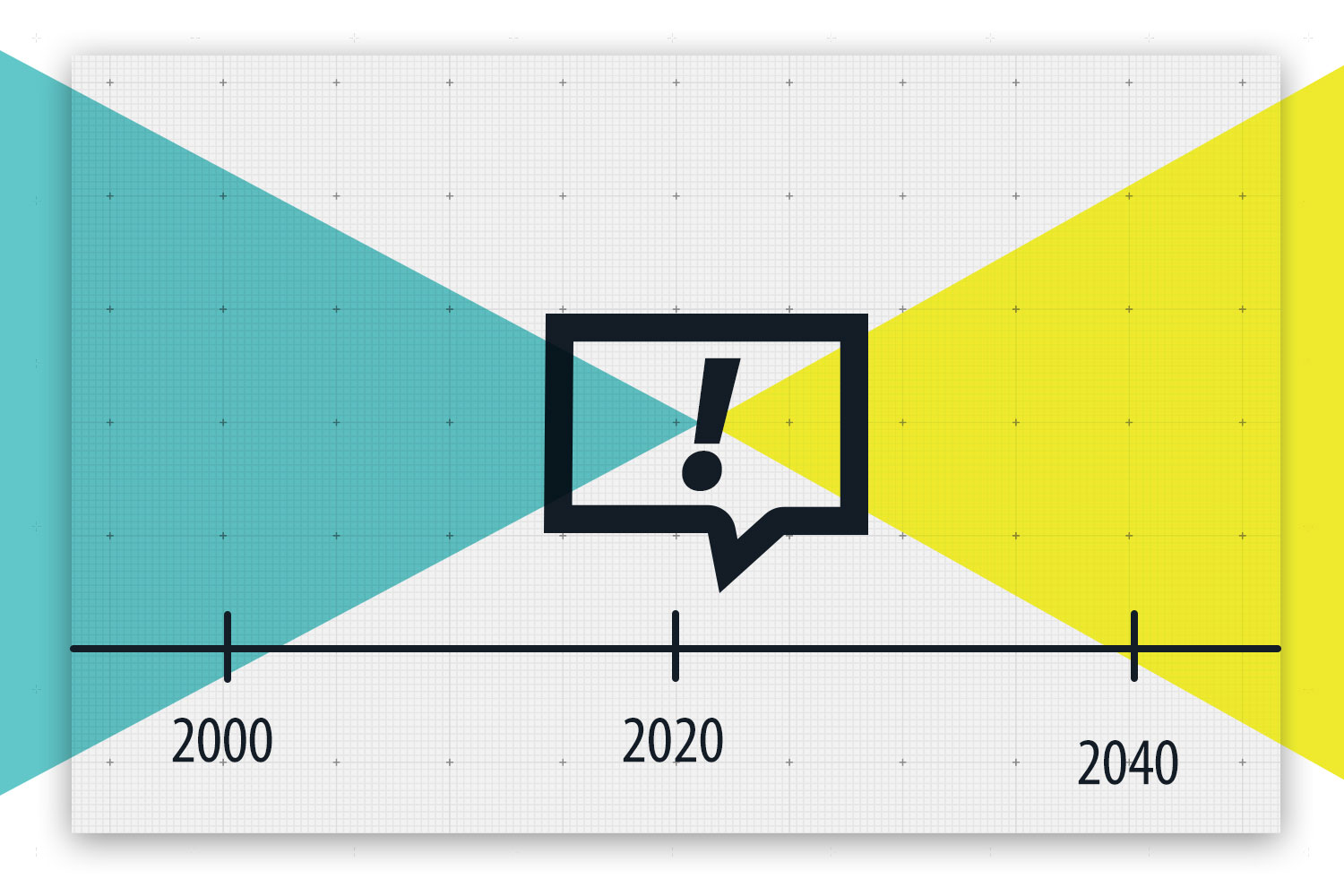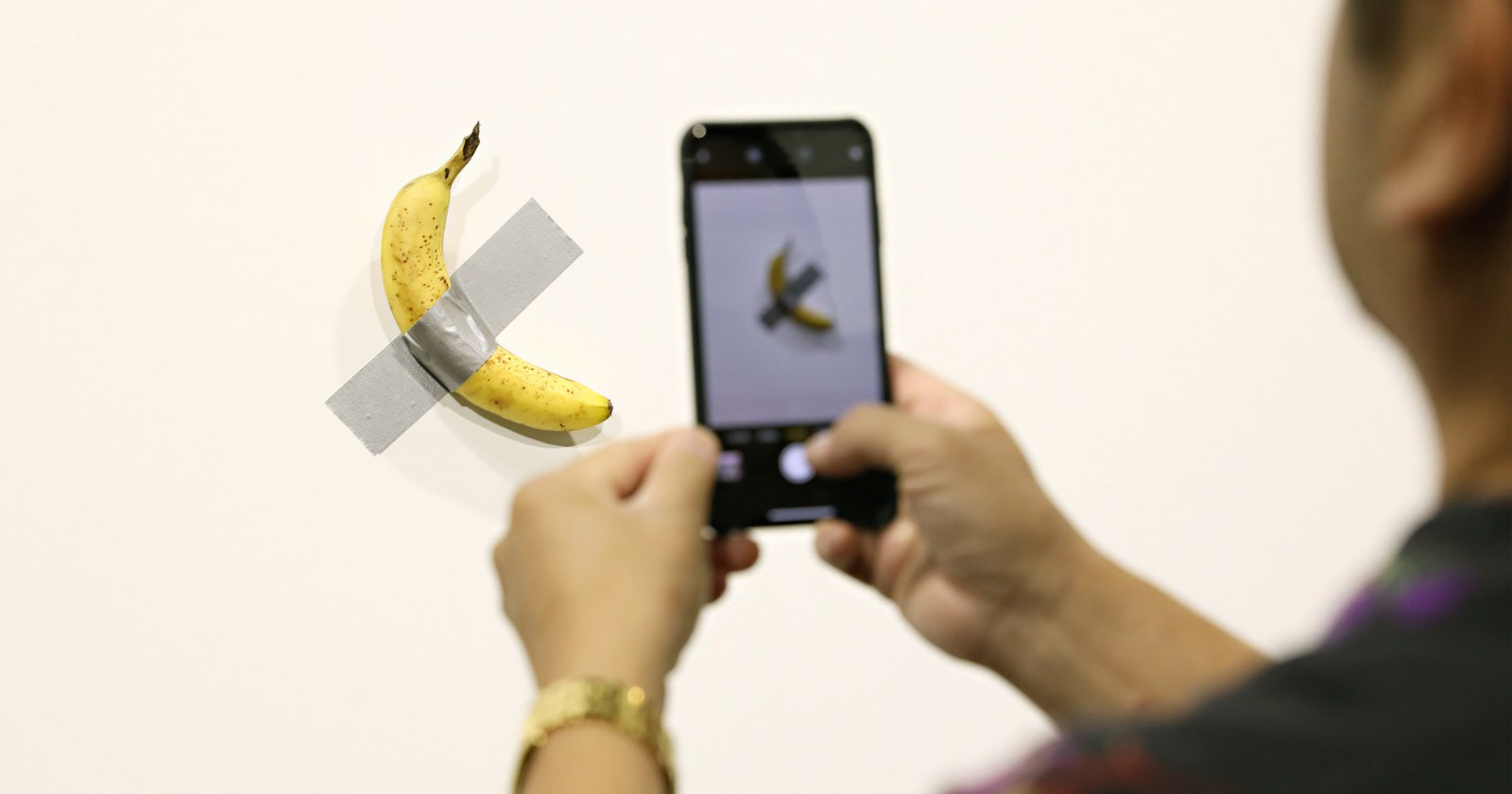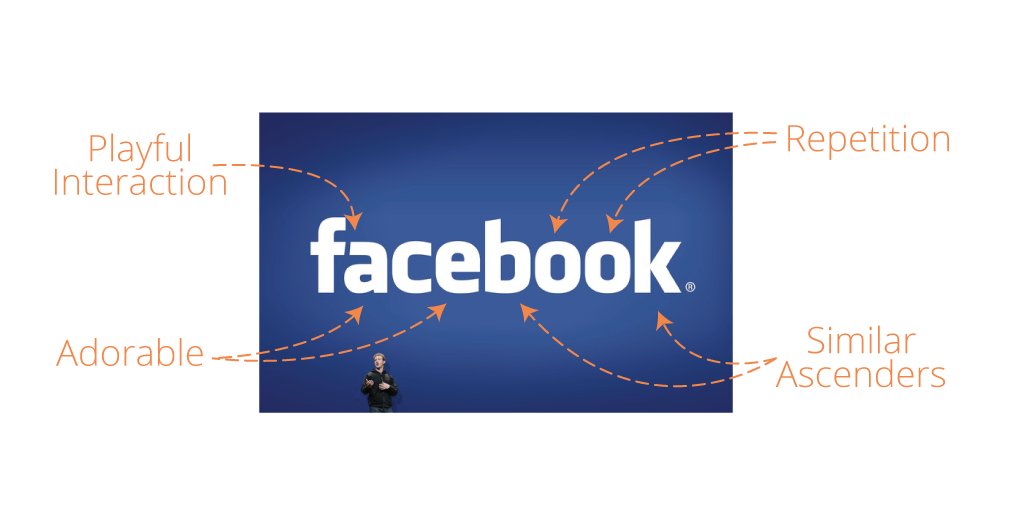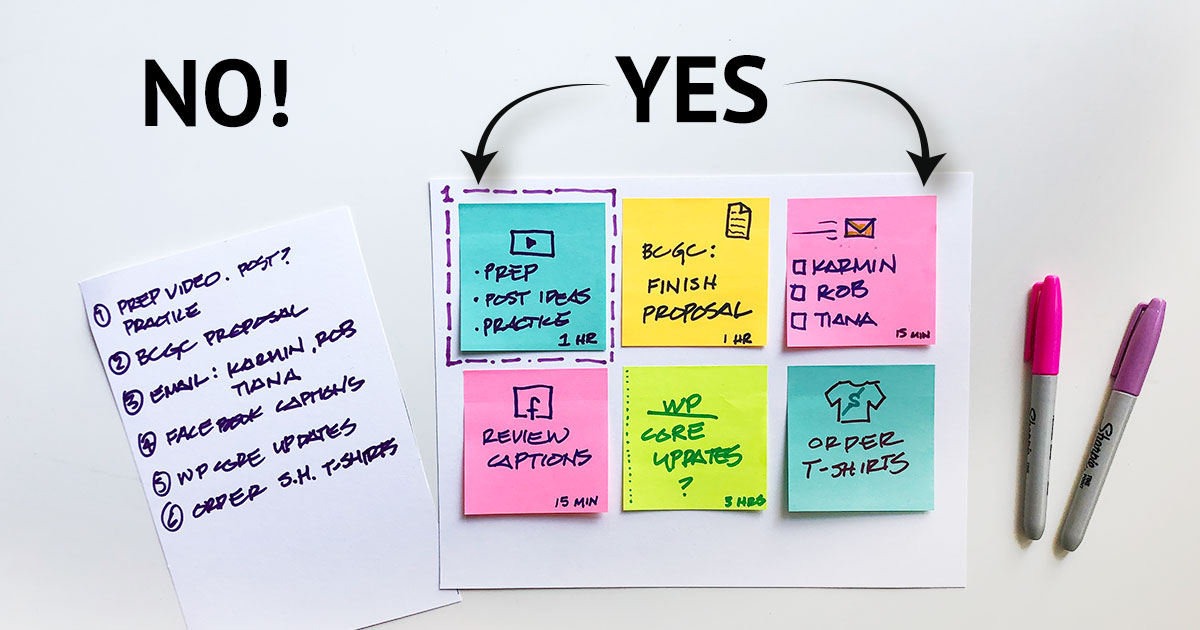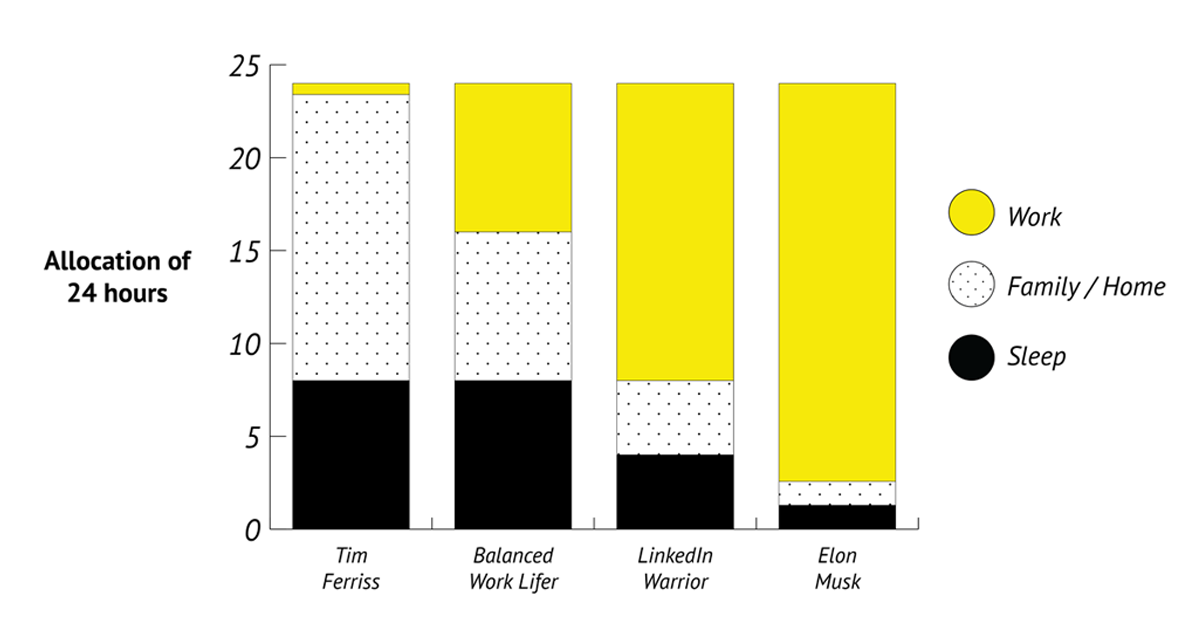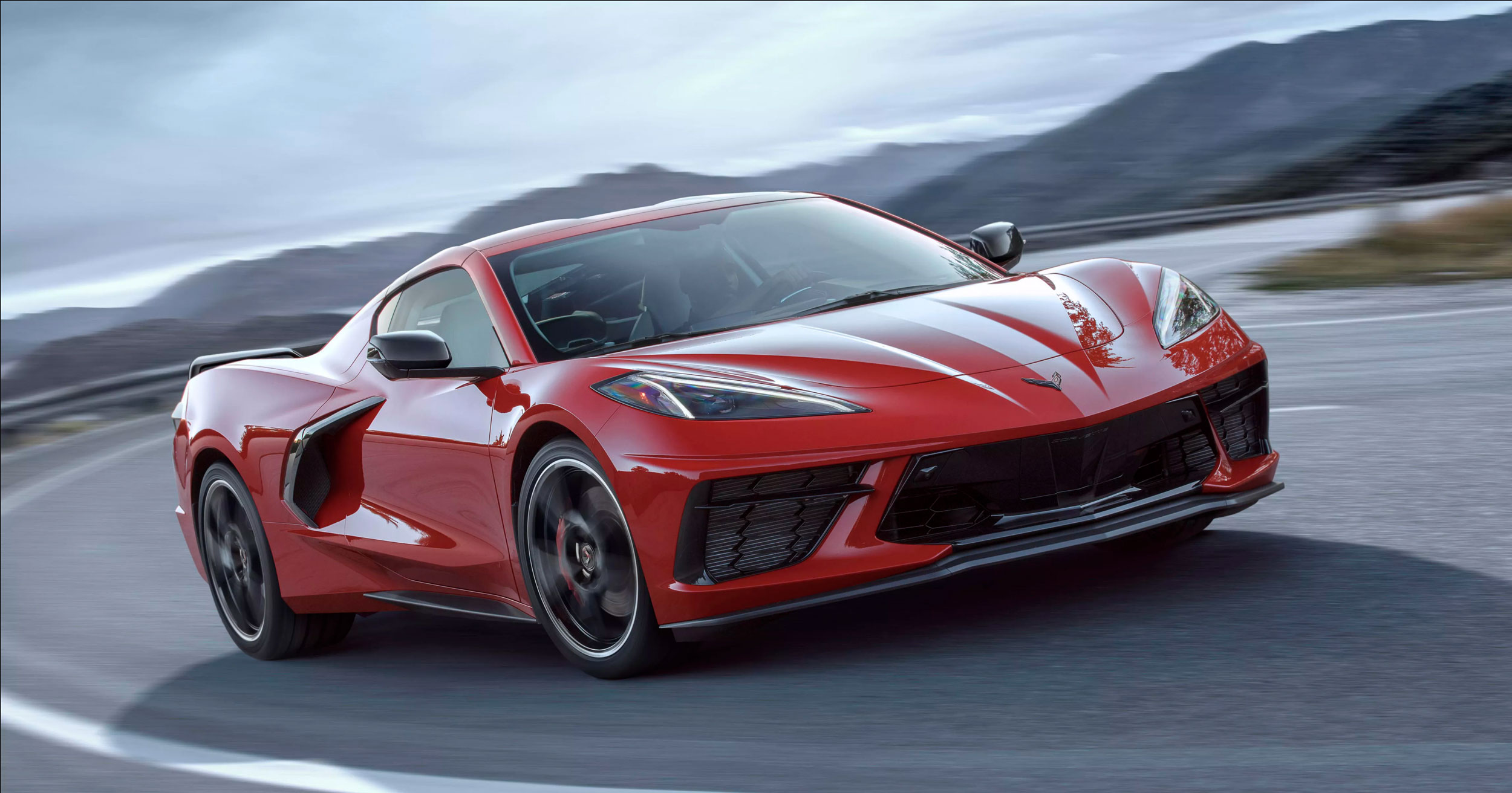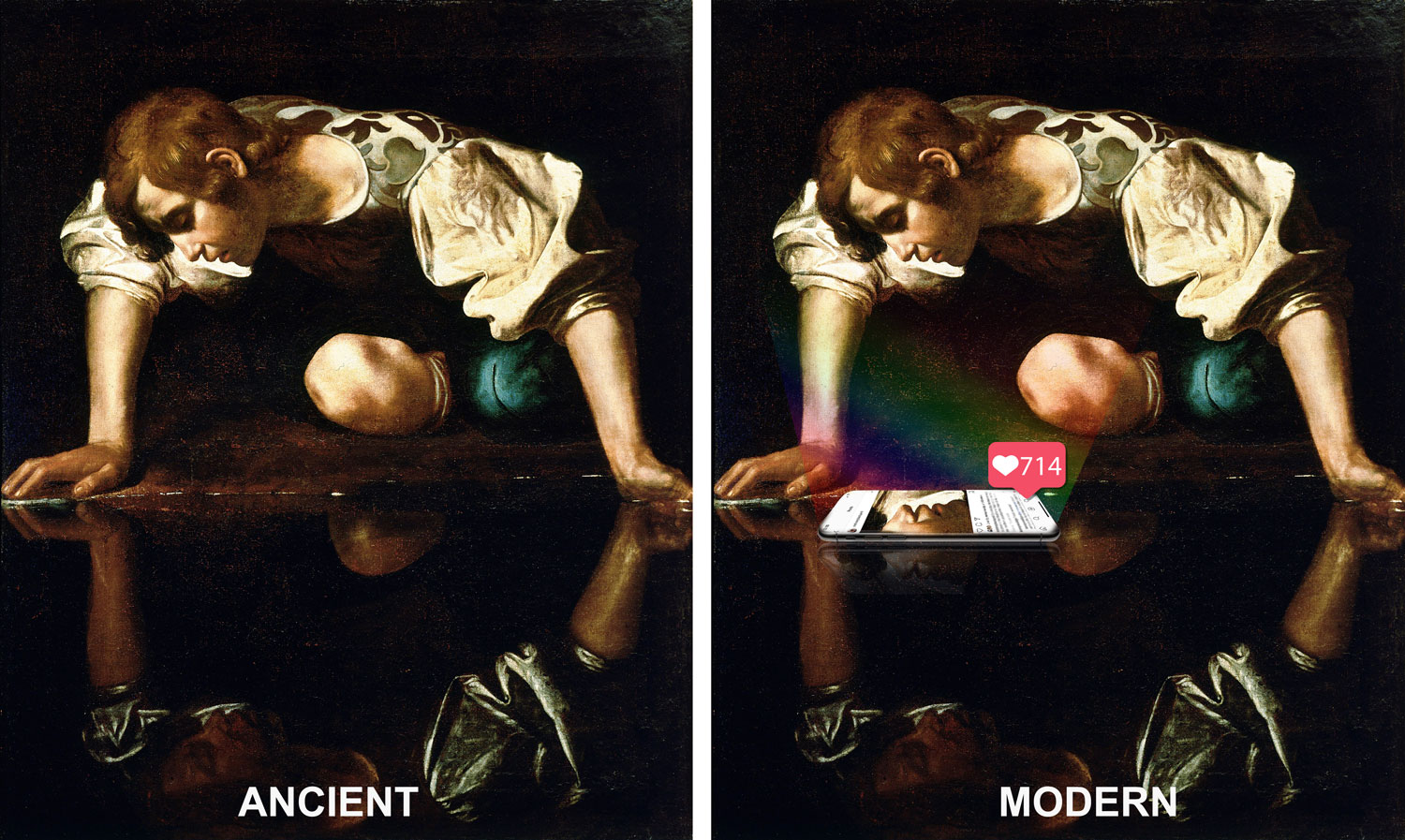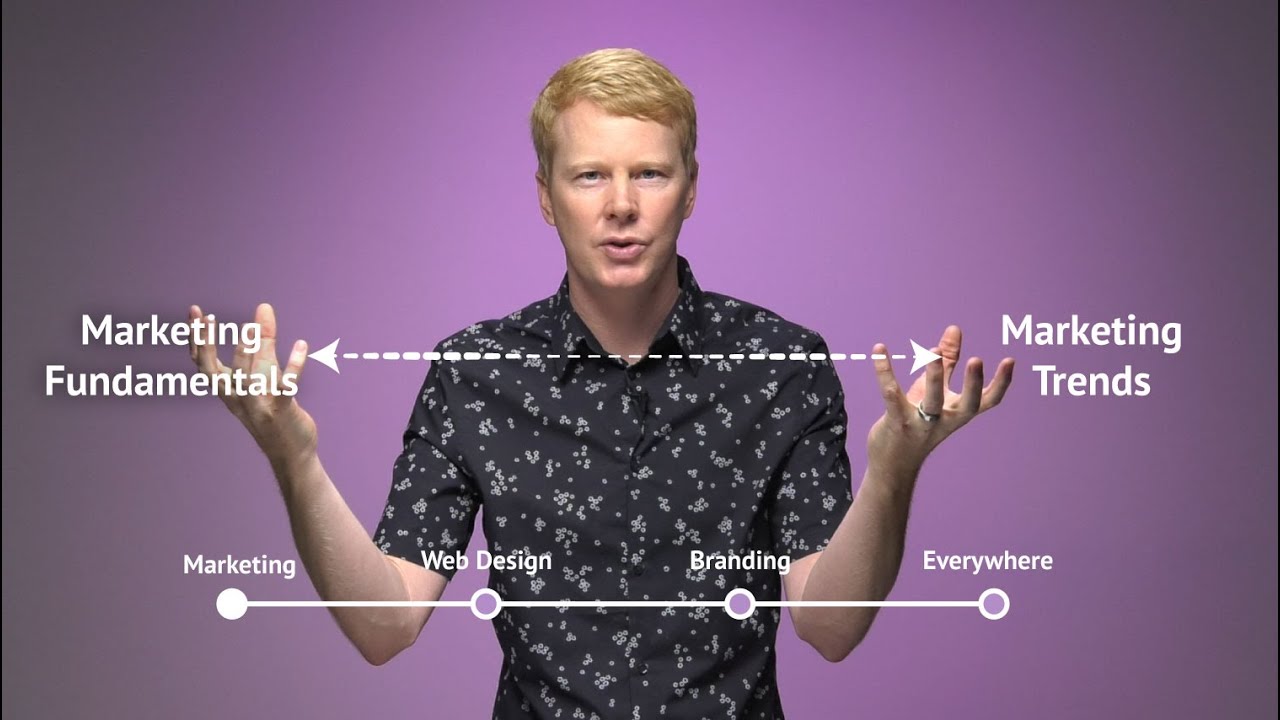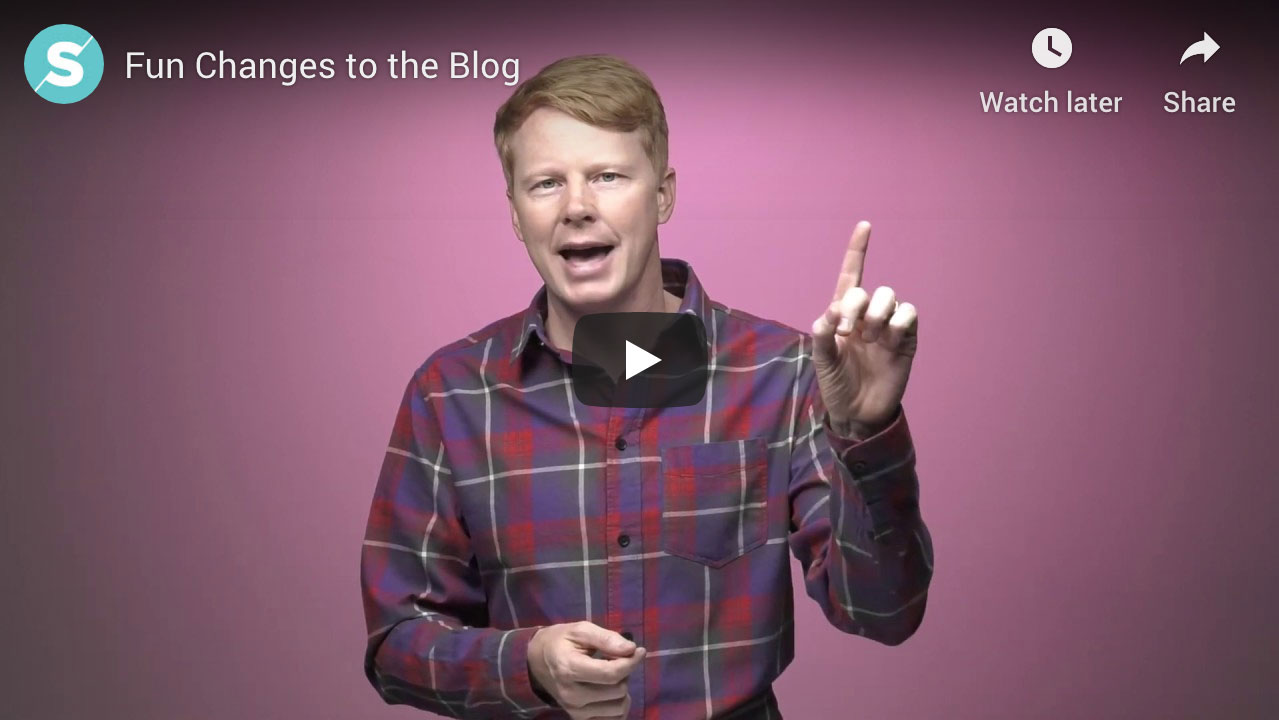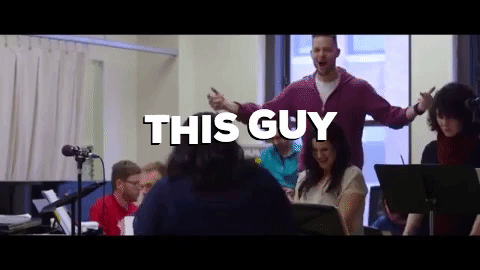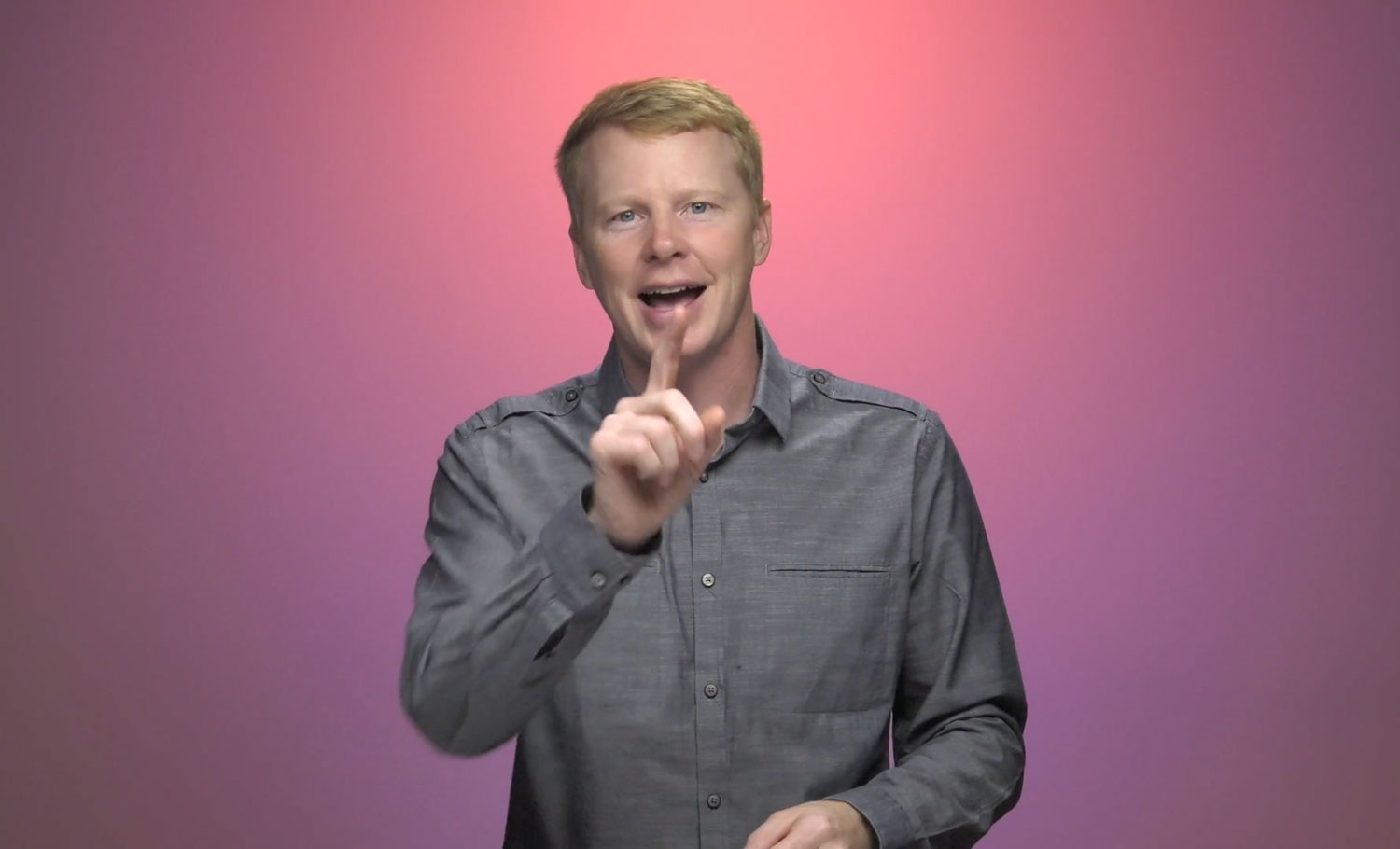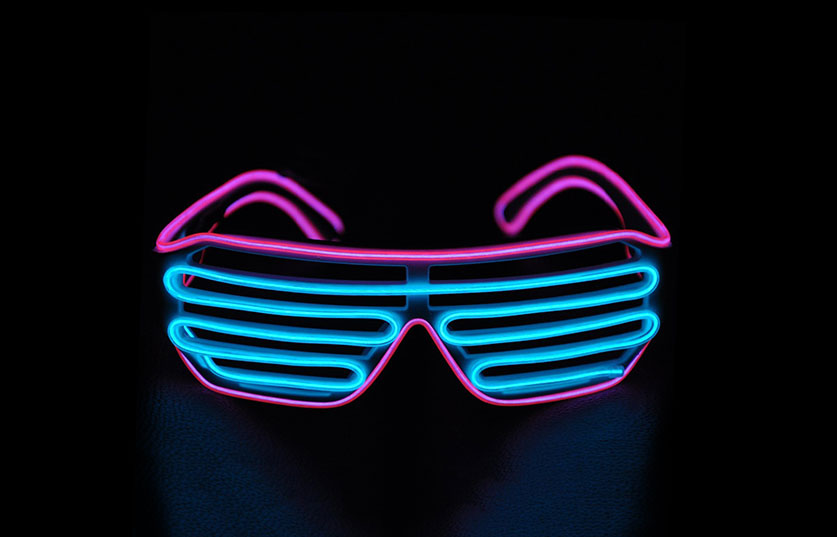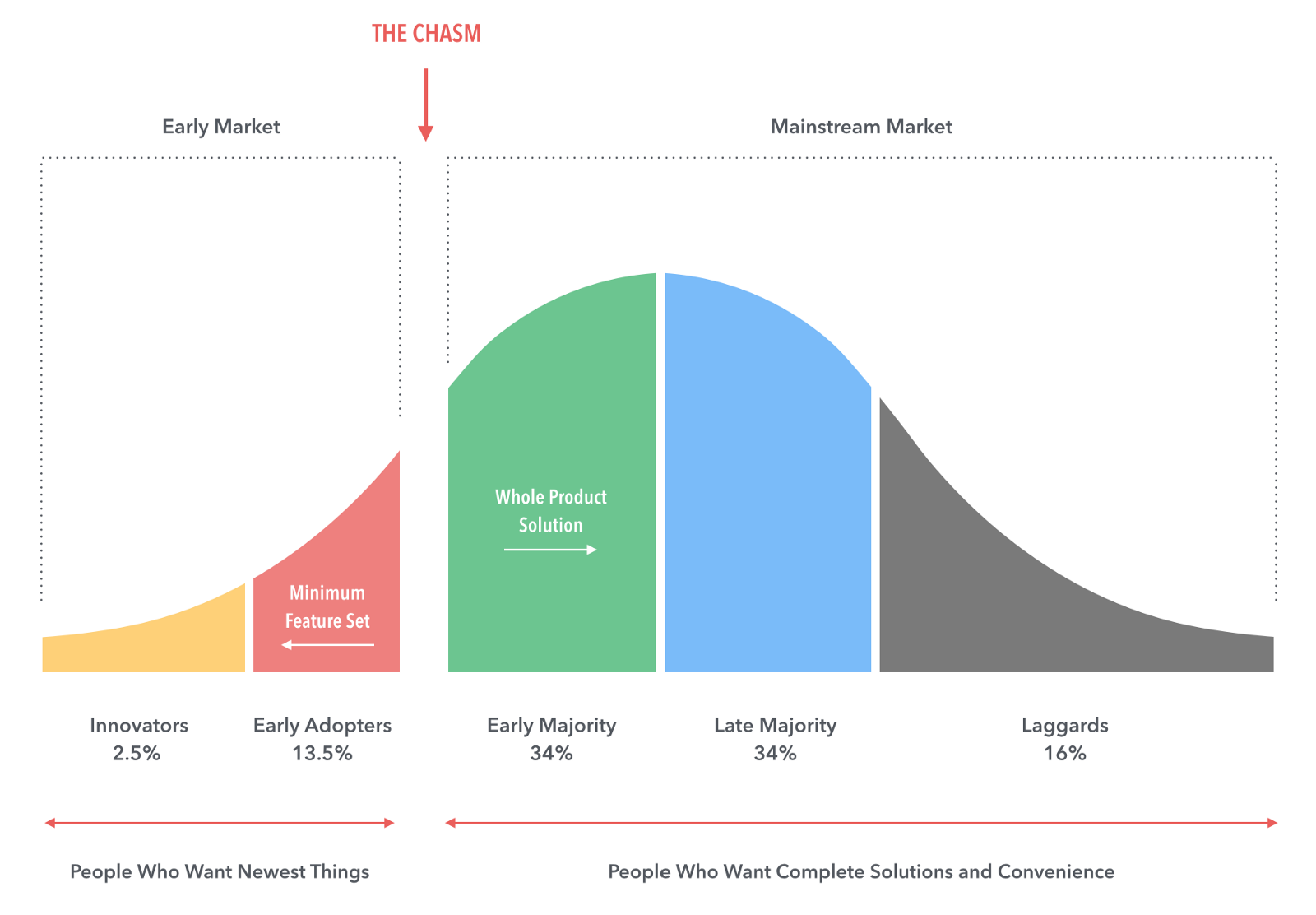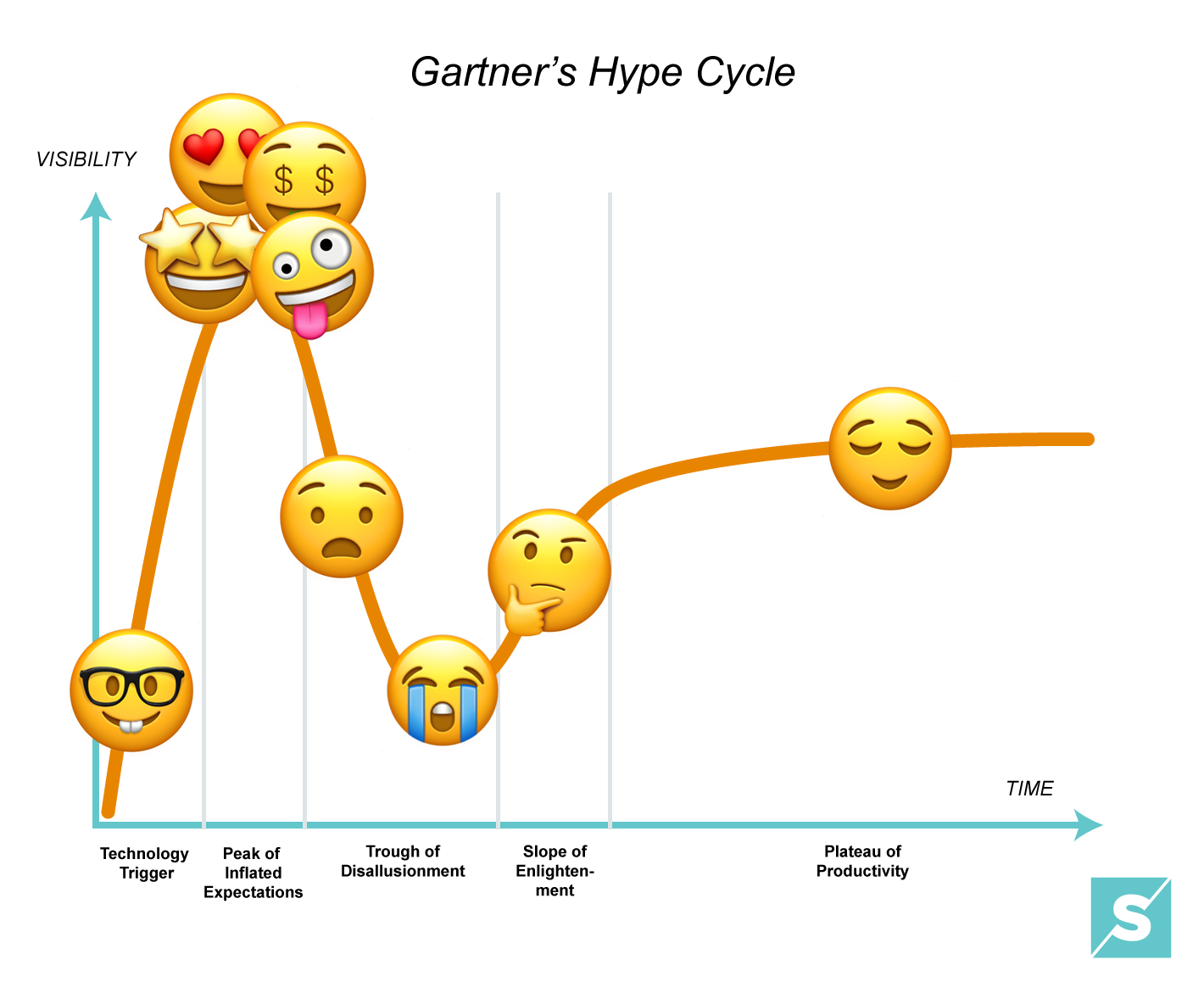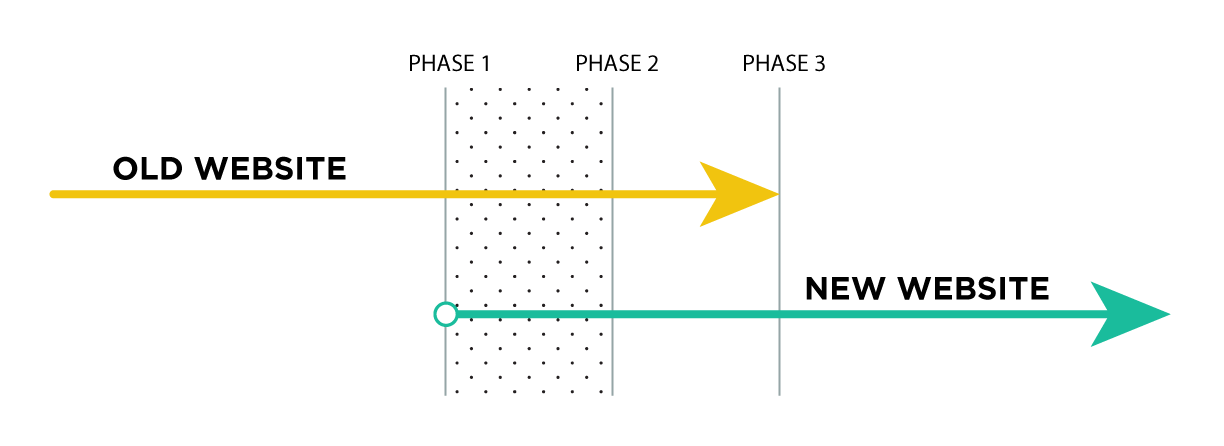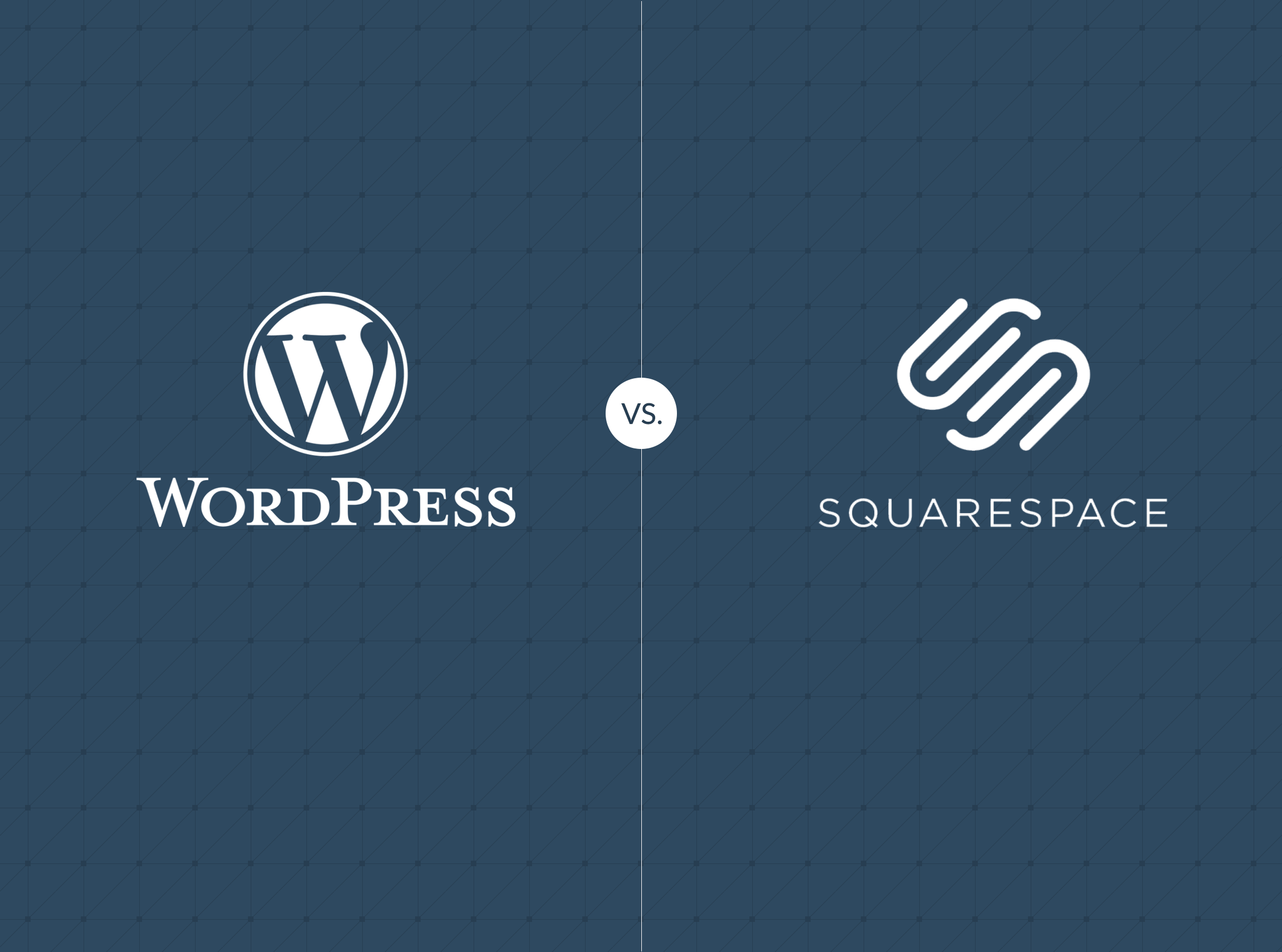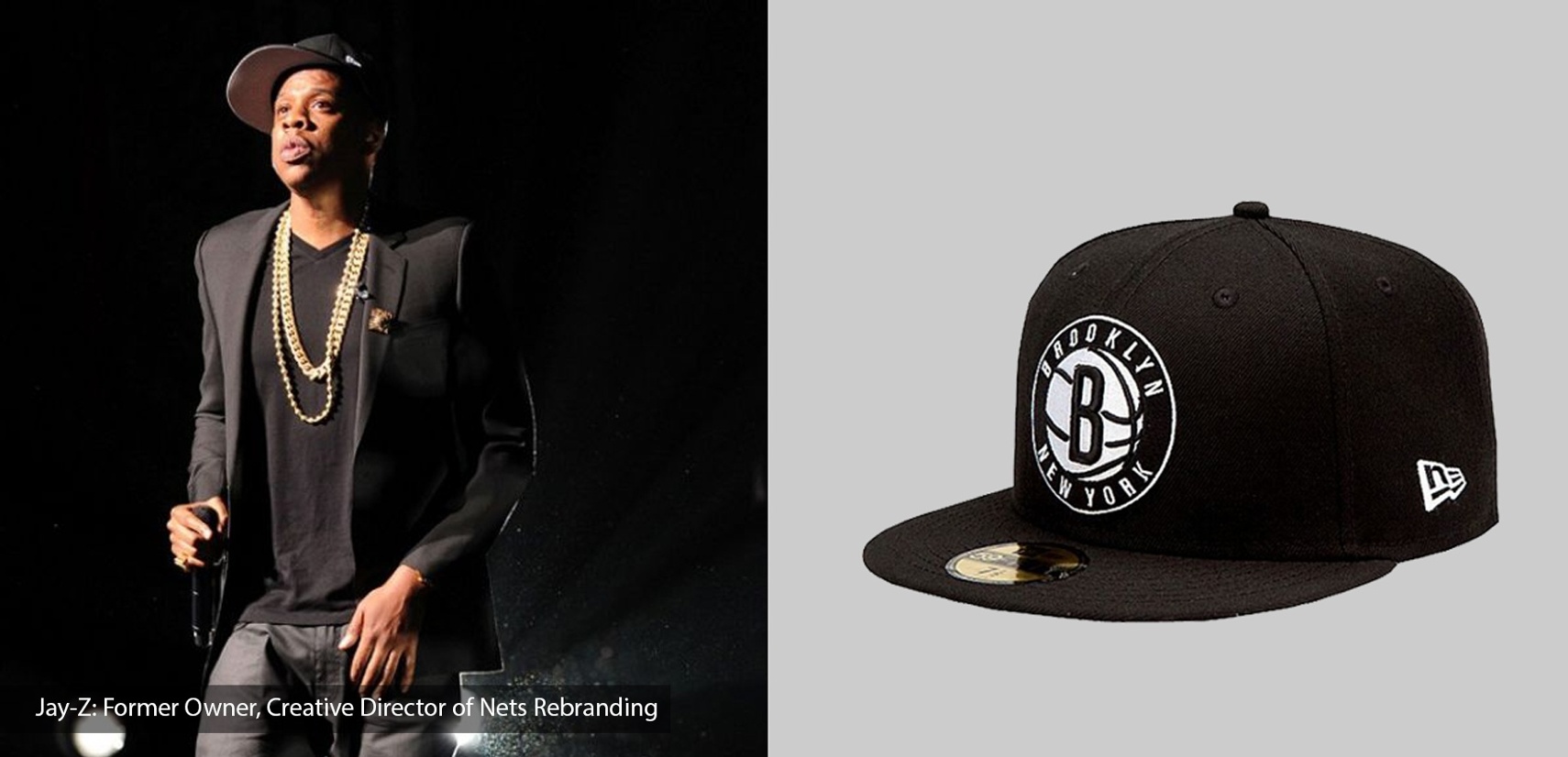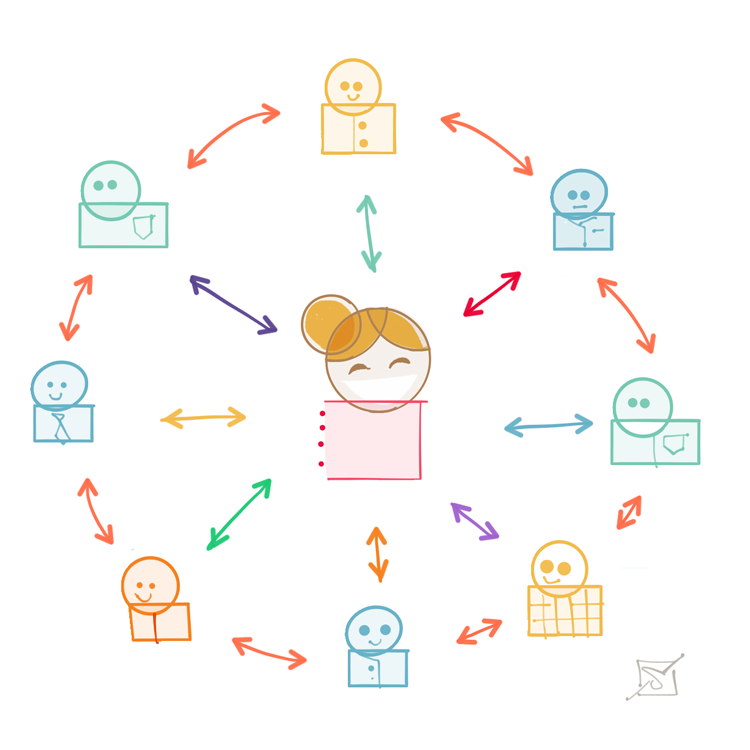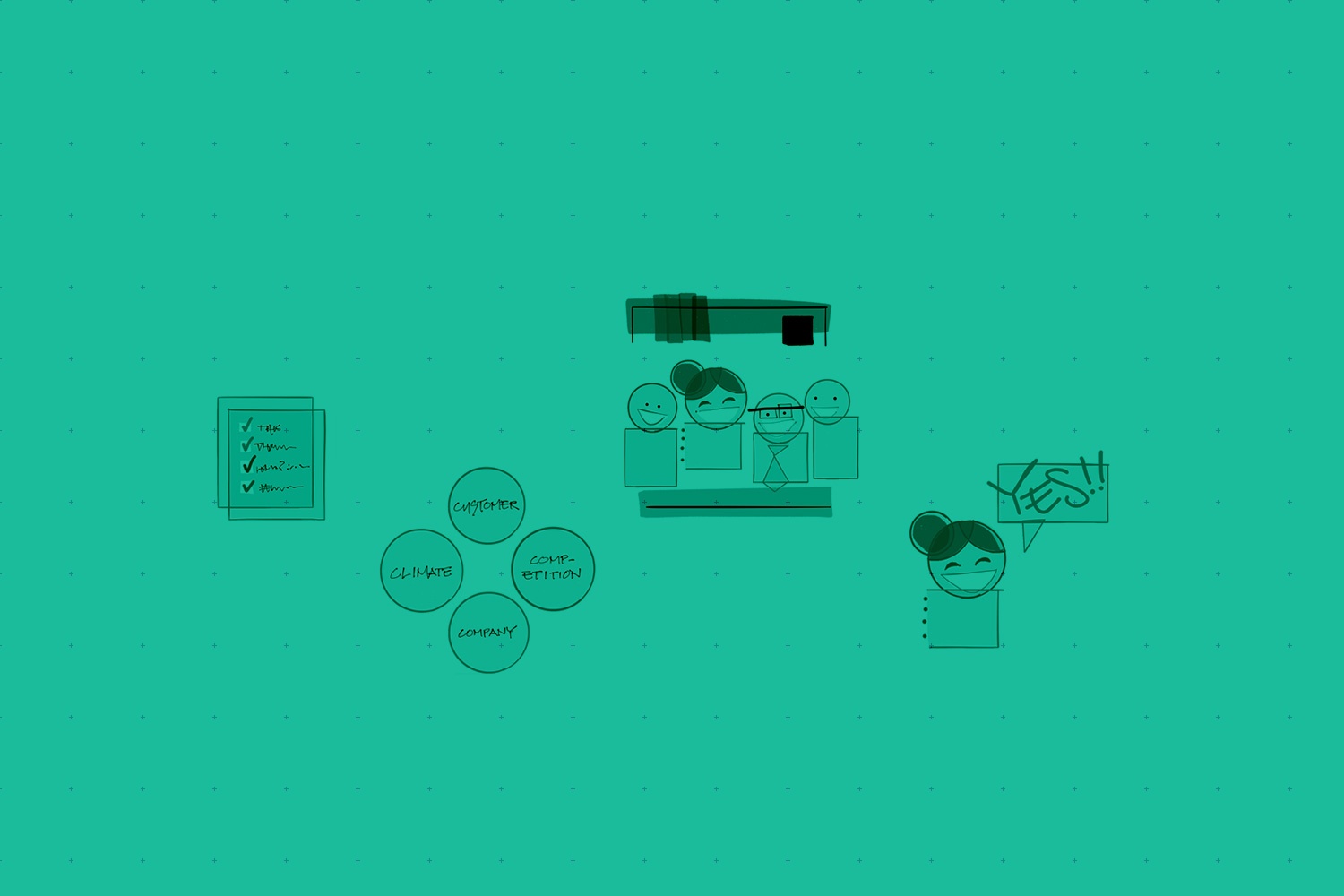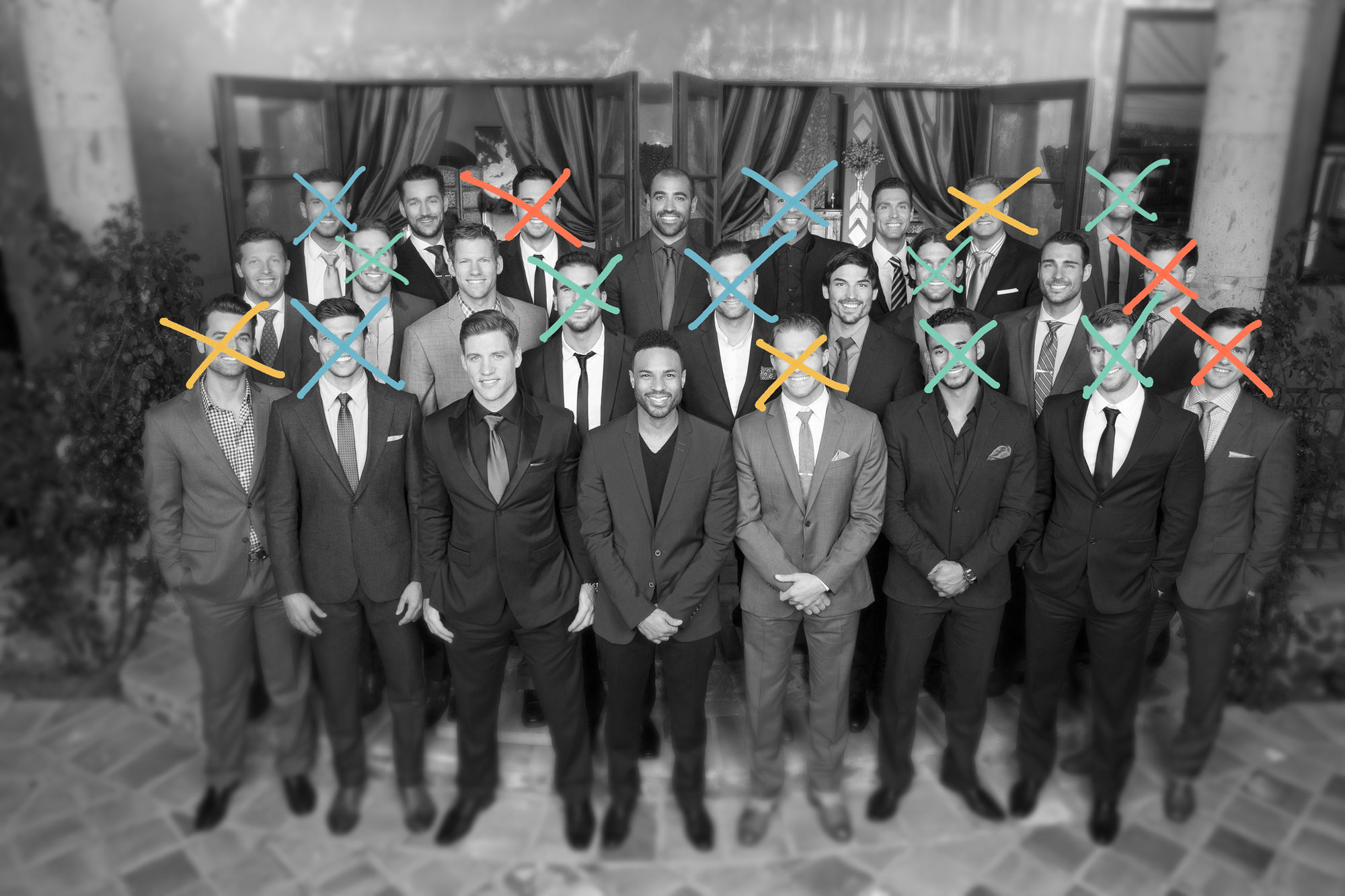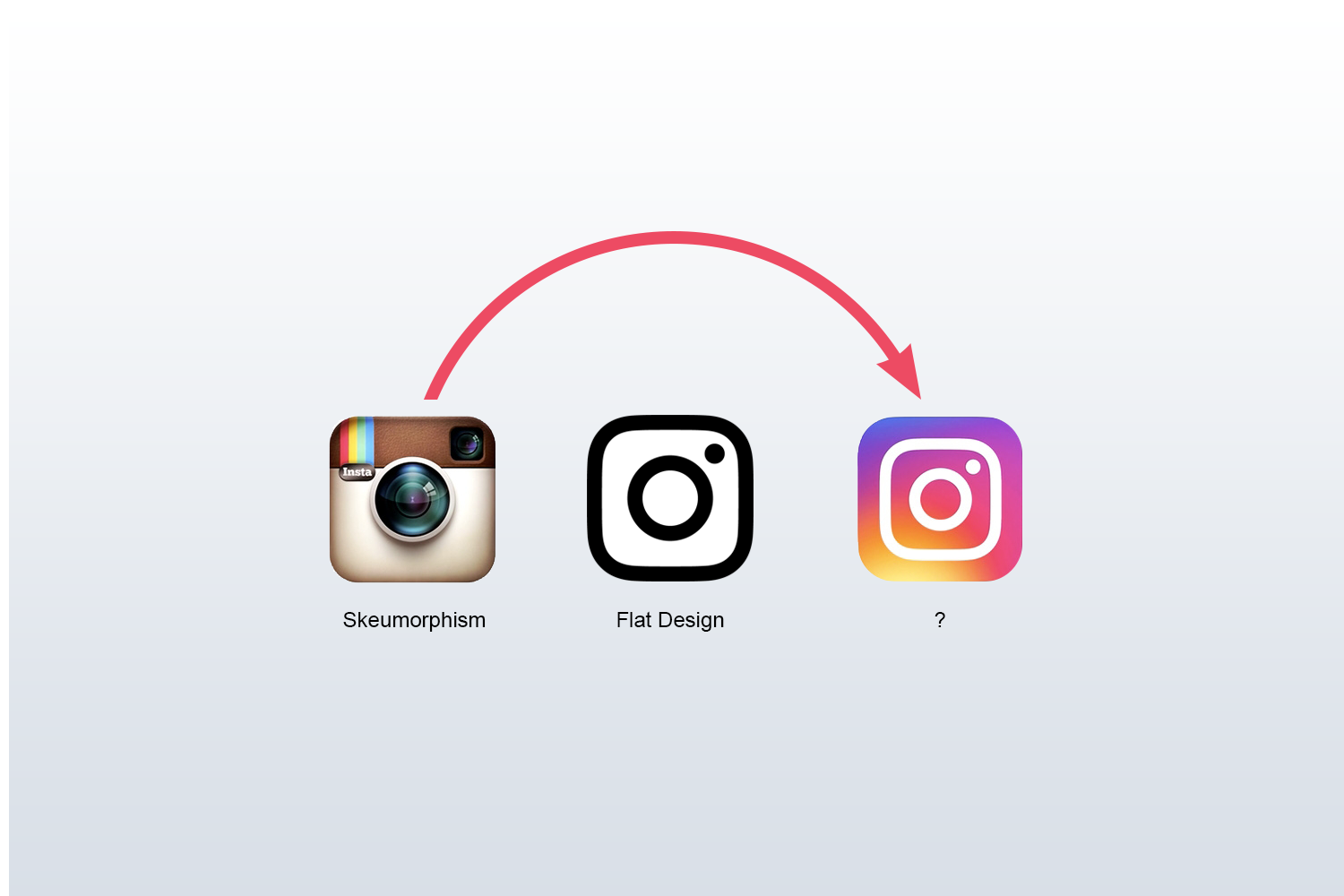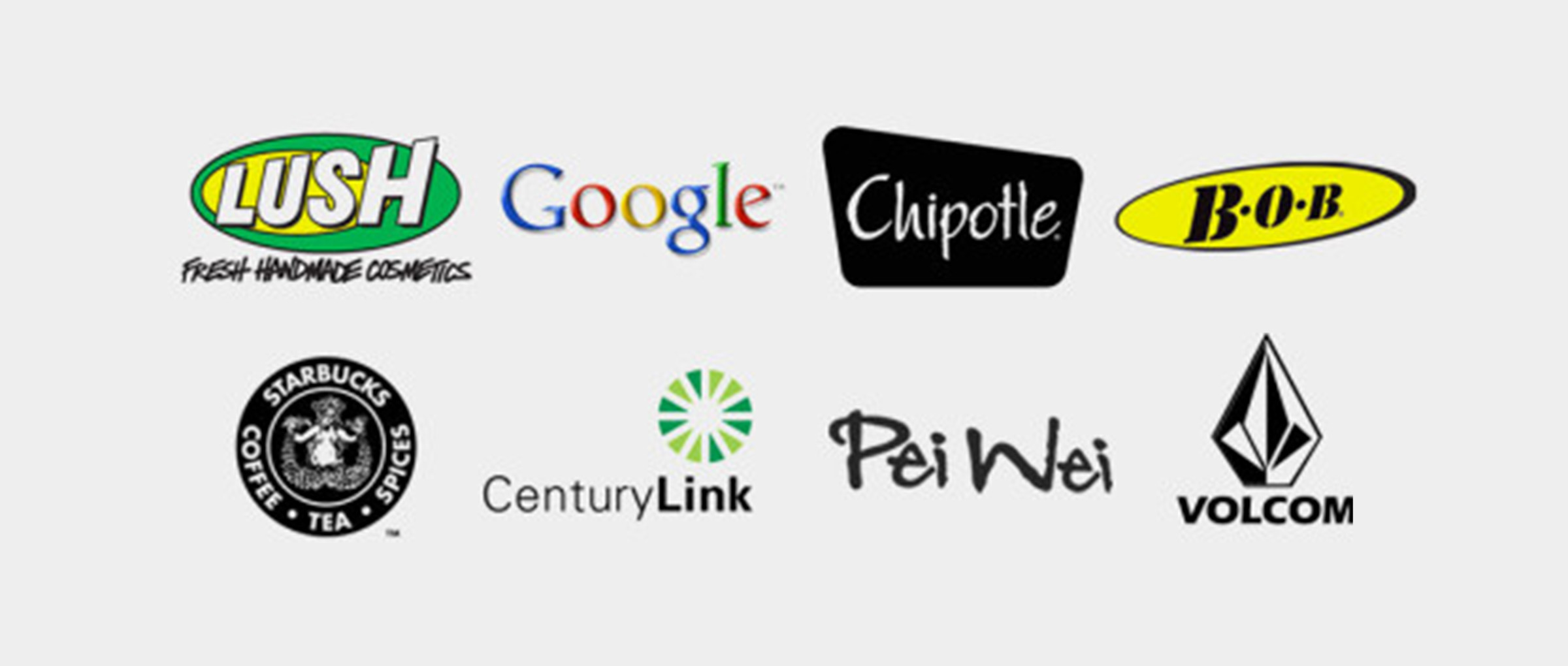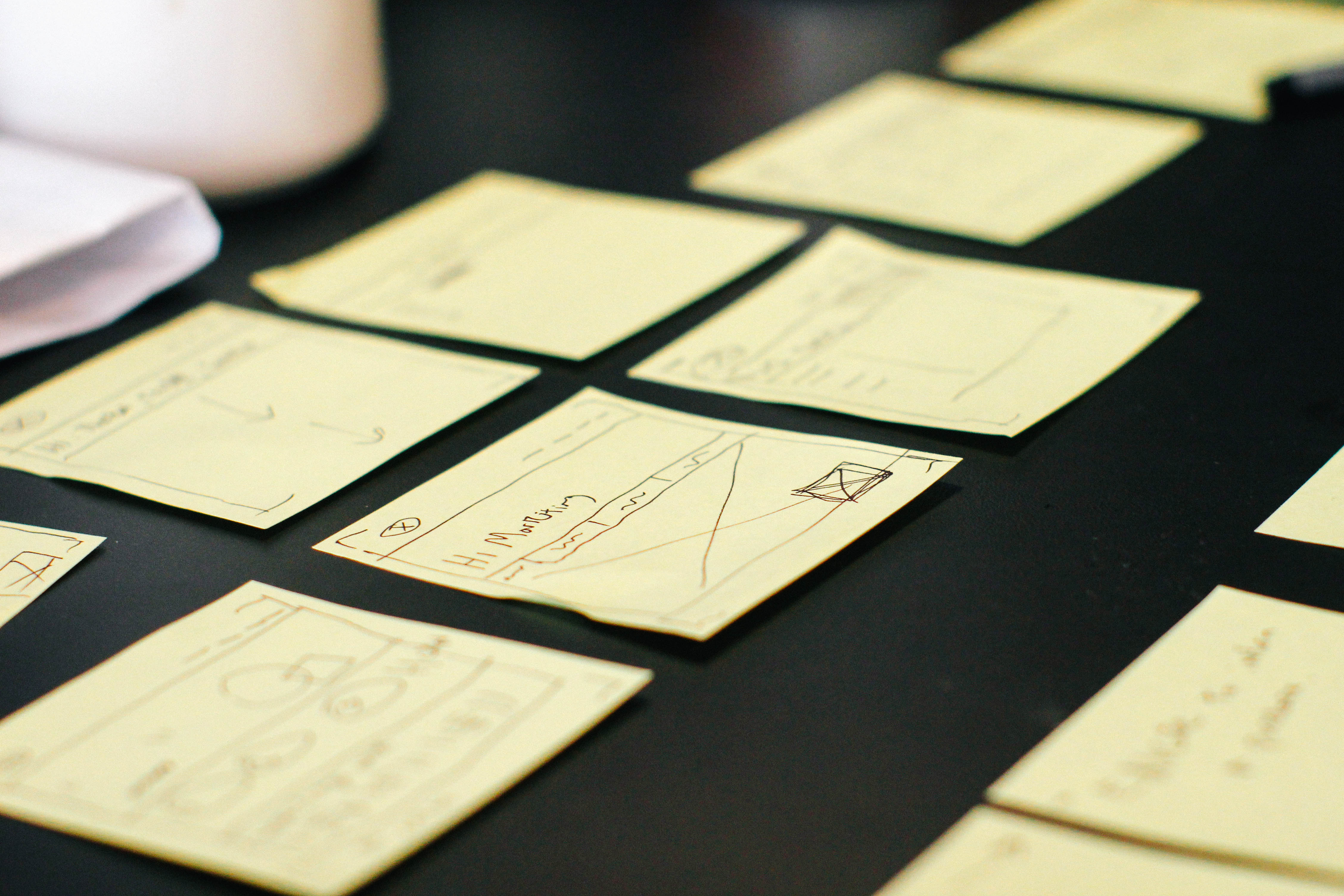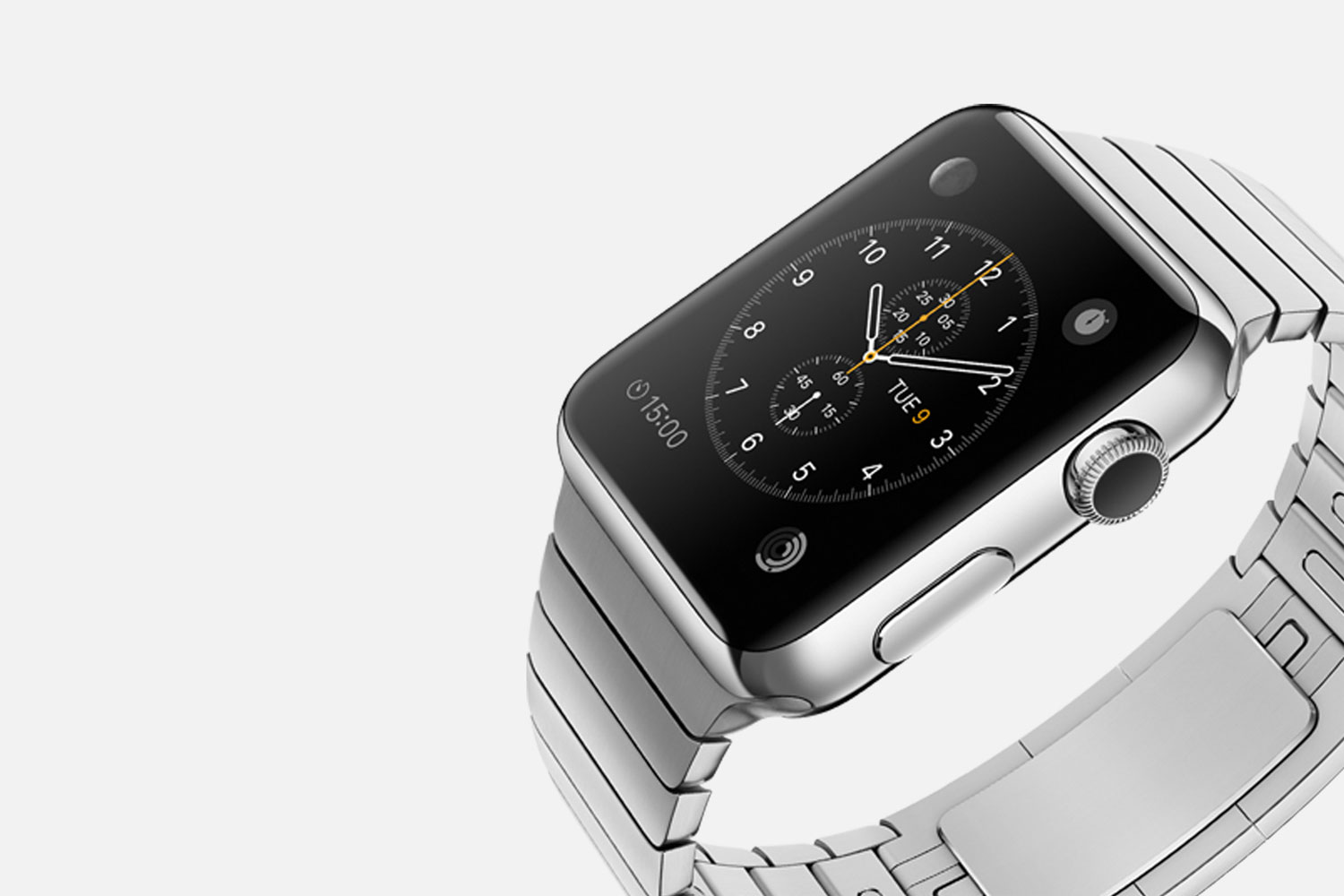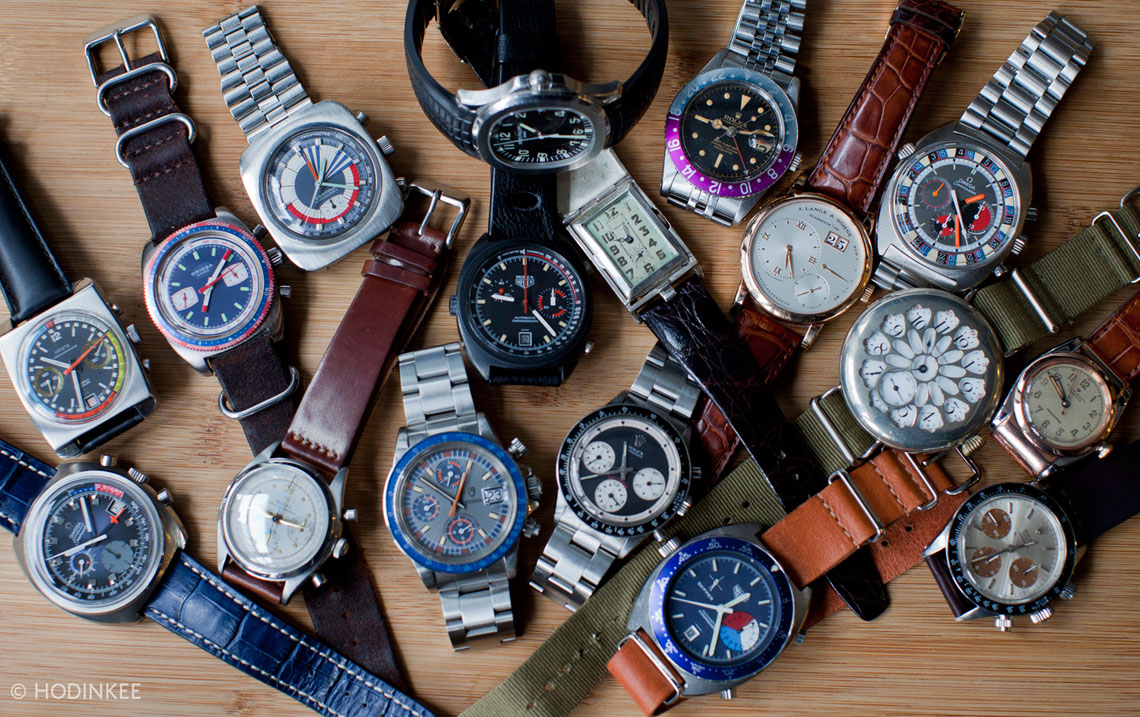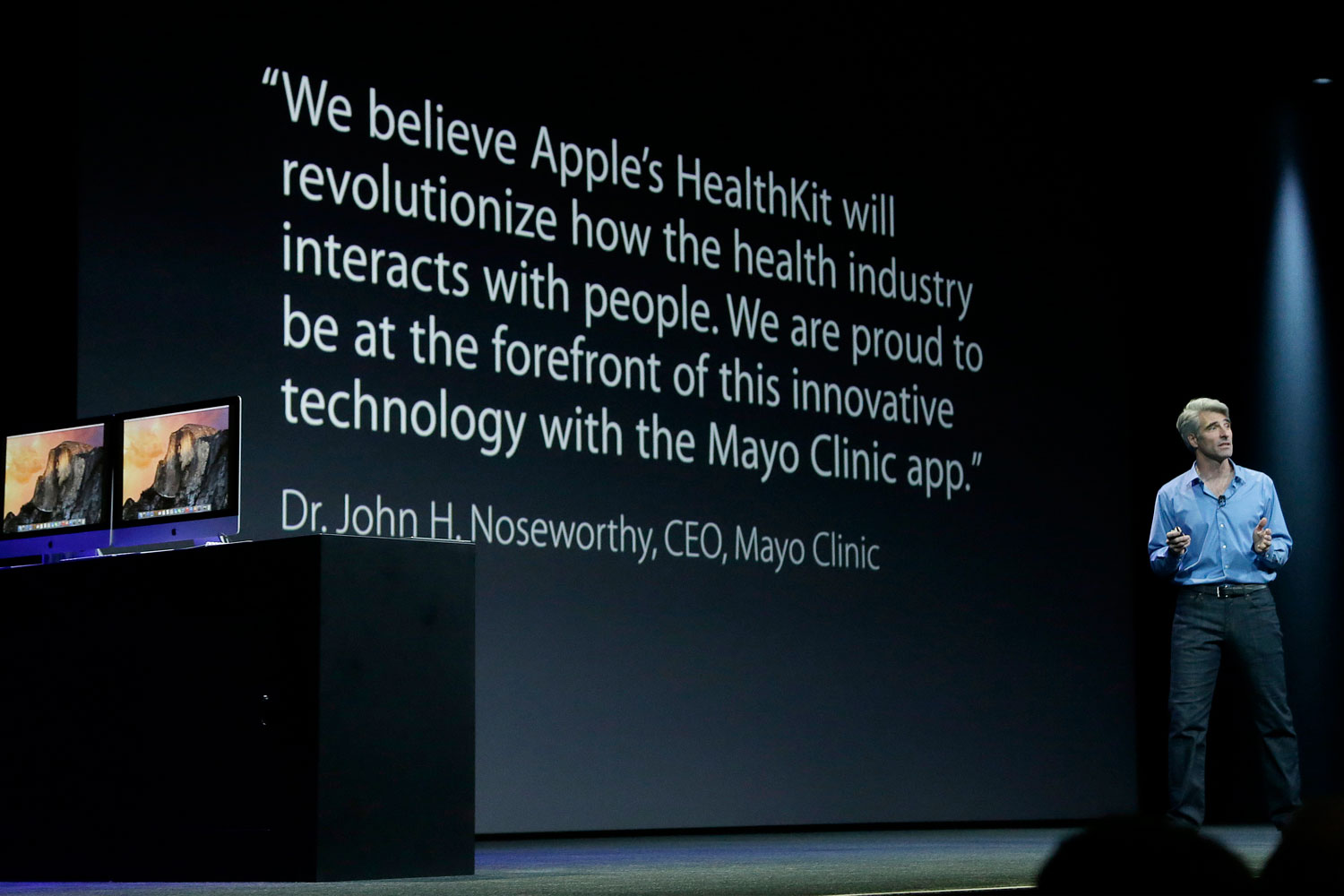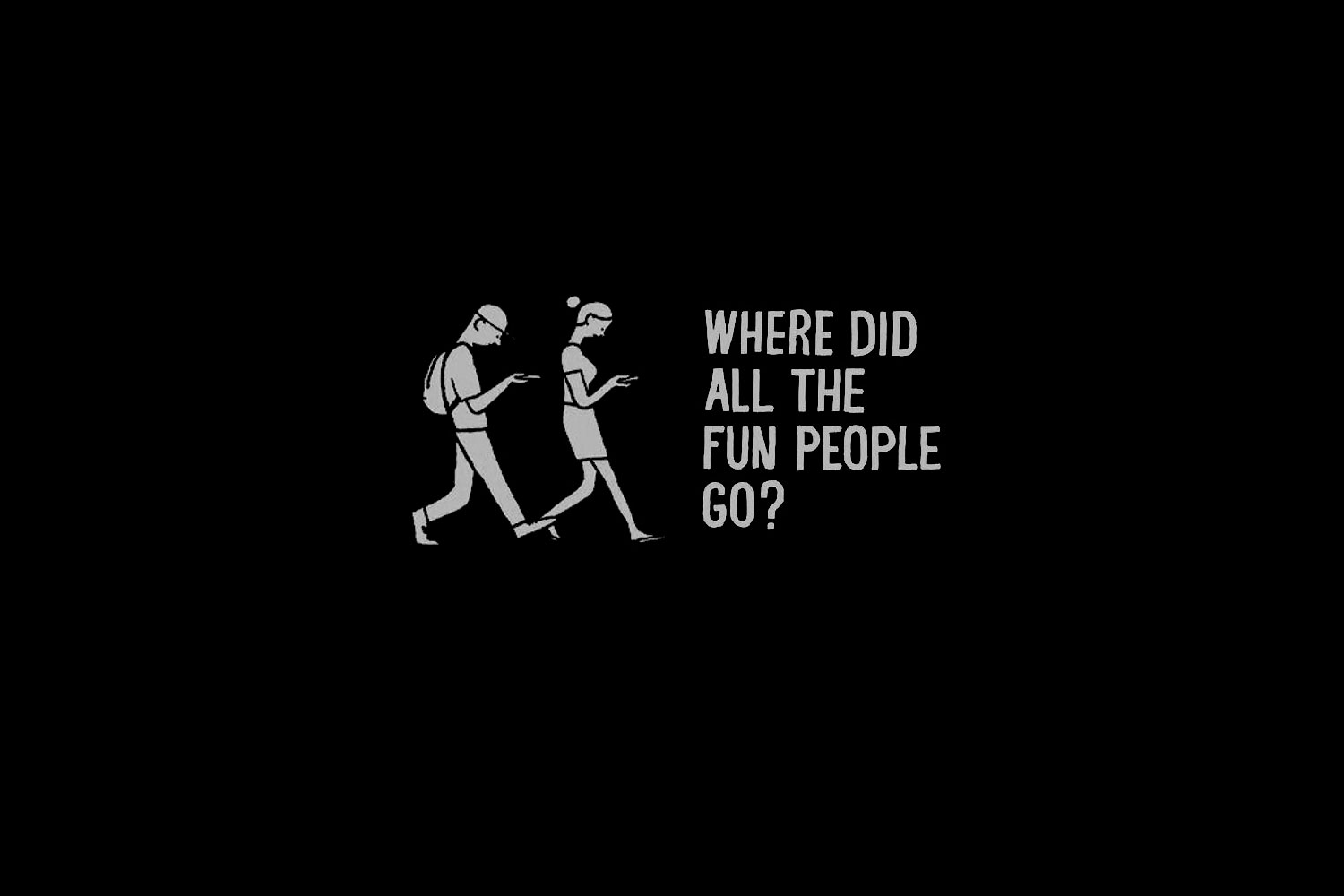Echo Chambers: An environment in which a person encounters only beliefs or opinions that coincide with their own, so that their existing views are reinforced and alternative ideas are not considered. (TY Oxford Dictionary.)
Echo chambers feel good. Two people with the same opinions and beliefs look affectionately at one another, taking turns making increasingly grand statements and predictions. Echo chambers are more than "group think", that is, more than our desire to be agreeable and have people like us. Echo chambers get louder and more outrageous with each new day. Echo chambers are exciting, overwhelming, and often produce wrong-headed predictions about the future.
Examples of echo chambers are everywhere.
Echo Chambers in Politics? If it weren’t so sensitive, I would point out that everyone in the mainstream news media predicted Senator Hillary Clinton would defeat Mr. Donald J. Trump in the 2016 U.S. presidential race. Leading up to the election, the news media quoted stats, experts, and one another as proof that Hillary was pulling away and would--with certainty!--be the next US president. Hillary’s win was so absolute that, in the final weeks before the election, she confidently traveled to insignificant states to boost other democratic candidates to help them win their congressional seats on her way to the White House.
Clinton went on to lose the election a few days later.
Echo Chambers in Sports? I would point that how Lonzo Ball, the Lakers' #2 pick in the 2018 draft, would redefine the NBA with his unseen talent. Over the summer leading up to this year’s basketball season, the praise for Lonzo began with sports commentators. Then the Lakers fans and future teammates. Coaches from other teams chimed in, explaining that rookie Lonzo would take the Lakers to the playoffs in his first season. Finally, the living legends of the game took turns in front of the camera talking about Lonzo’s unparalleled talent. Season tickets sales skyrocketed for the big show.
As of today, 6 months later, Lonzo averaging about 11 points a game. The Lakers are 11-25. Lonzo Ball has a long career ahead of him, for sure, but nobody would say that he’s lived up to the hype for his first season.
Let’s talk about Hype and Echo Chambers in the World of Technology
Technology is really a story about all things new and exciting. A new day, a new technology. So as a culture, we make grand predictions about where technology is today, and where technology will take us. We've been doing this forever.
Where there is a discussion of technology, there is an echo chamber. You cannot have one without the other. For example...
It’s been a few years since predictions for the “Internet of Things” arrived in force, getting everyone convinced that ordinary household devices would soon become extraordinary after they are connected to the Internet. Basically, every appliance is powered by electricity today will be upgraded with the Internet really soon.
The IoT story tellers all followed this plot:
“The Nest thermostat allowed us to control our home temperature from our iPhones. It learned our behaviors and habits, our favorite temperatures at different times of the day. Now imagine each corner of our home upgraded with that same innovation. We’re already seeing it with our smart televisions. Now let’s imagine the rest of the smart home...”
Then they went on to prophesize about every product and appliance in your house would get stronger, faster, better.
- Toasters that will now toast better toast.
- Clothes are cleaner with an Internet-connected washing machine.
- With an Internet-connected refrigerator, you no longer have to wonder whether or not you have enough milk when you are at the grocery store--your fridge will tell you.
- Vacuums!
- Etc.
- Etc.
The problem with echo chambers is that they are unable to handle competing points of view and inconvenient facts.
The IoT Prophets scheduled their speaking gigs and drafted their new books, all the while ignoring two fundamental realities.
- Technology is useless unless it's useful. This is fundamental. Unless you are solving someone’s problem, you are inventing widgets destined for the trashcan. My old school household is running along just fine. I do not curse my toaster for not toasting toast. My Subzero is humming along just fine keeping my veggies cool. My washing machine is excellent. And I don’t even use my drier. (I live in Arizona, and the air does a better job than an electric clothes dryer.) Unless you can make a really compelling case for new Internet-connected appliances, I have no reason to upgrade.
- Excellent user experience is hard. Connecting electronic devices or appliances to the Internet is not new at all, and it is not hard to do. The iPhone was successful not because it was the first Internet-connected phone, but because it worked, and it worked very very well. After the iPhone came out in 2007, the other Internet-connected phones were promptly tossed into the trash. Igniting an appliance with the Internet might be the easiest part. Everything that comes after that is hard, and most companies will try and fail.
It was the year 2014, and these realities didn't matter. The IoT echo chamber was getting louder every day. The future is soon! The future is now!! If you aren't tossing out appliances and shopping for new ones, you are already behind.
How the Predictions Were Wrong
So here we are today at the beginning of 2018, four years later, and there is hardly prolific proof that IoT is here now. You can purchase virtual assistants like Siri, Alexa, and Google Home, but they're still works in progress. To say that those products are flawed is an understatement. And those are innovations brought by our most powerful tech companies (Apple, Amazon, Google.) There are a few little robot vacuums for sale too (pretty cool), but it seems like the rest of our appliances haven't changed much.
To be clear, IoT is not dead. But the predictions about IoT weren't even close.
So the predictions were off in several ways:
- They underestimated the demand for IoT products.
- They overestimated how easy it is to make these things.
- They expected that this would all happen way too fast.
Again, this is the problem of making predictions about the future from within an echo chamber. When making a prediction about a binary outcome (which candidate will become the U.S. president), you begin to believe that everyone will vote in the direction of you and your friends. When making predictions about more nuanced subject matter--like the greatness of Lonzo Ball--we tend to elevate the greatness with each new prediction. The echo chamber has a similar impact on grand predictions about technology. We exaggerate and accelerate everything.
Our Obsession with Predicting the Future
I’m sharing these stories of echo chambers in politics, sports, and technology to illustrate a shared fascination that we have within humanity: that we desire to know the future. Not just because we desire certainty, or that we want to be right (told you so!), but because there’s something deep within our being that is excited by each new day, each new moment, each new opportunity.
We are all amateur future predictors. Some people get it right, others do not. But one thing is for sure: you'll never grasp the future from inside an echo chamber. Ironically, making strong predictions requires that we step back from the hype. You have to ignore almost everyone who makes a living by making sensational predictions.
I want to spend some time in 2018 with a series of blogs that try to demystify what is cool, trending, and innovative. I will start with two excellent models: one from Gartner, and another from Geoffrey Moore. Then I want to introduce a third model, my own model, that is applicable to more than just technology. It’s a model for helping understand competitive environments and how some ideas win, and others lose.
I’m out of time. It’s time to check my inbox and take care of clients.


